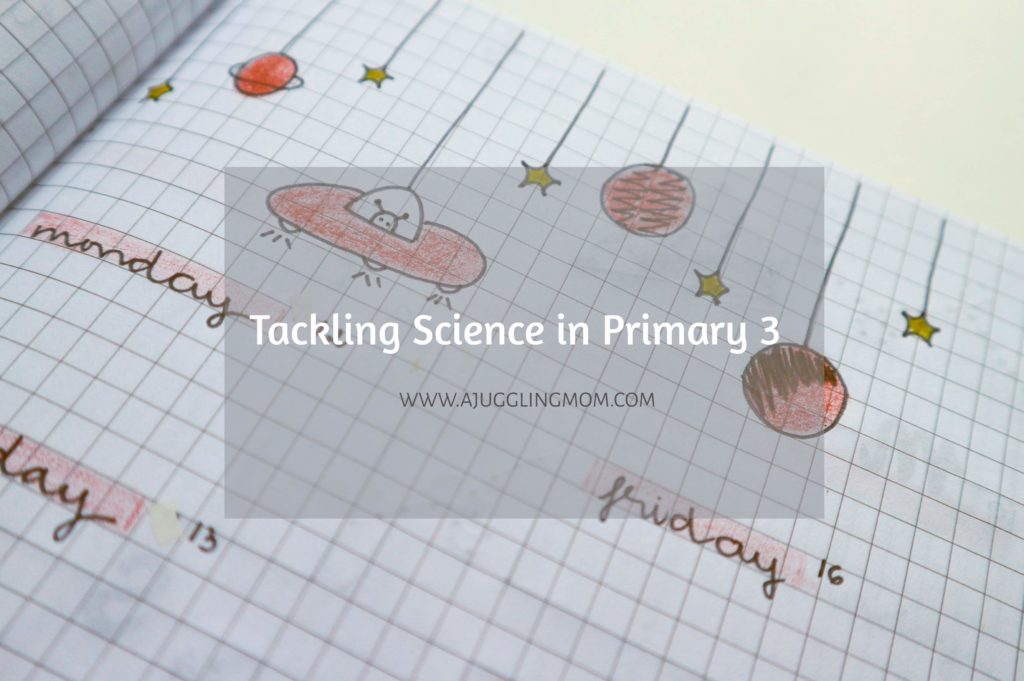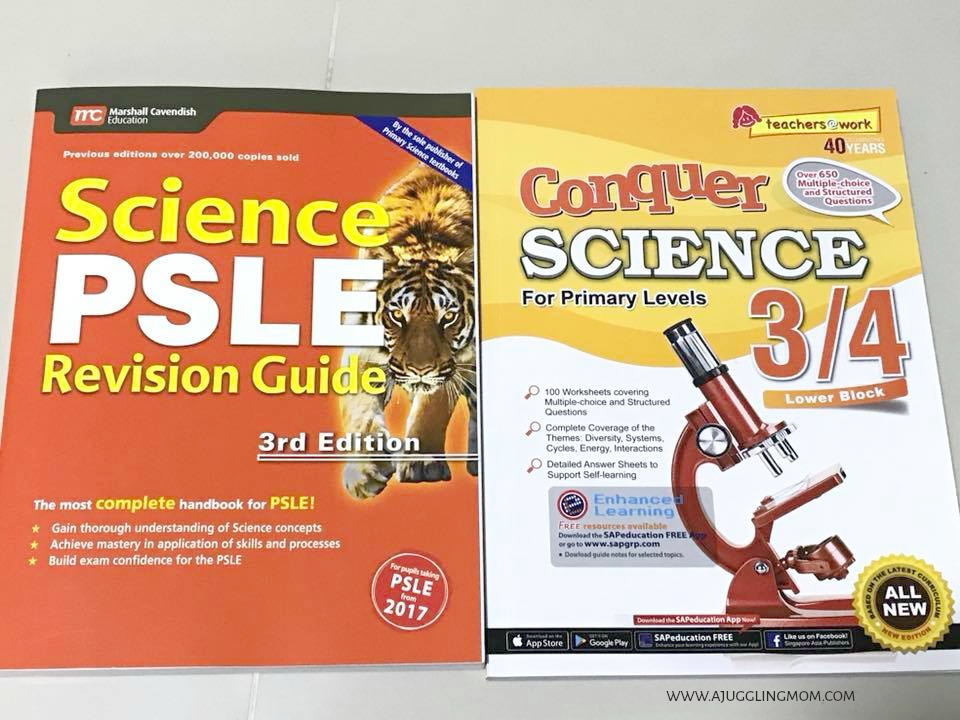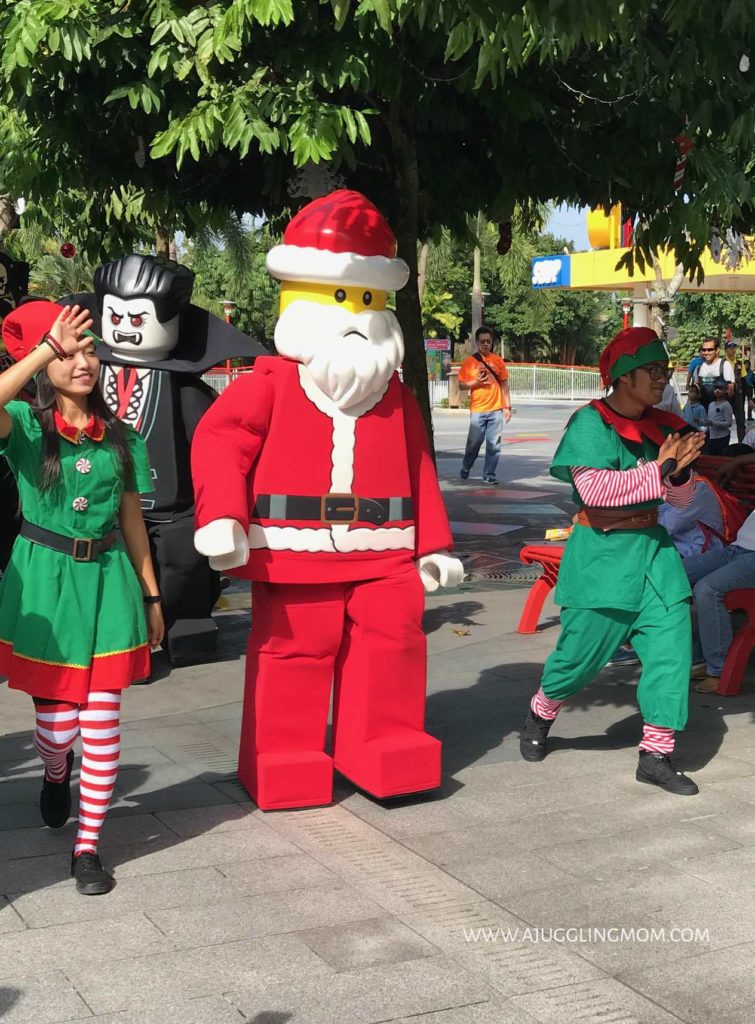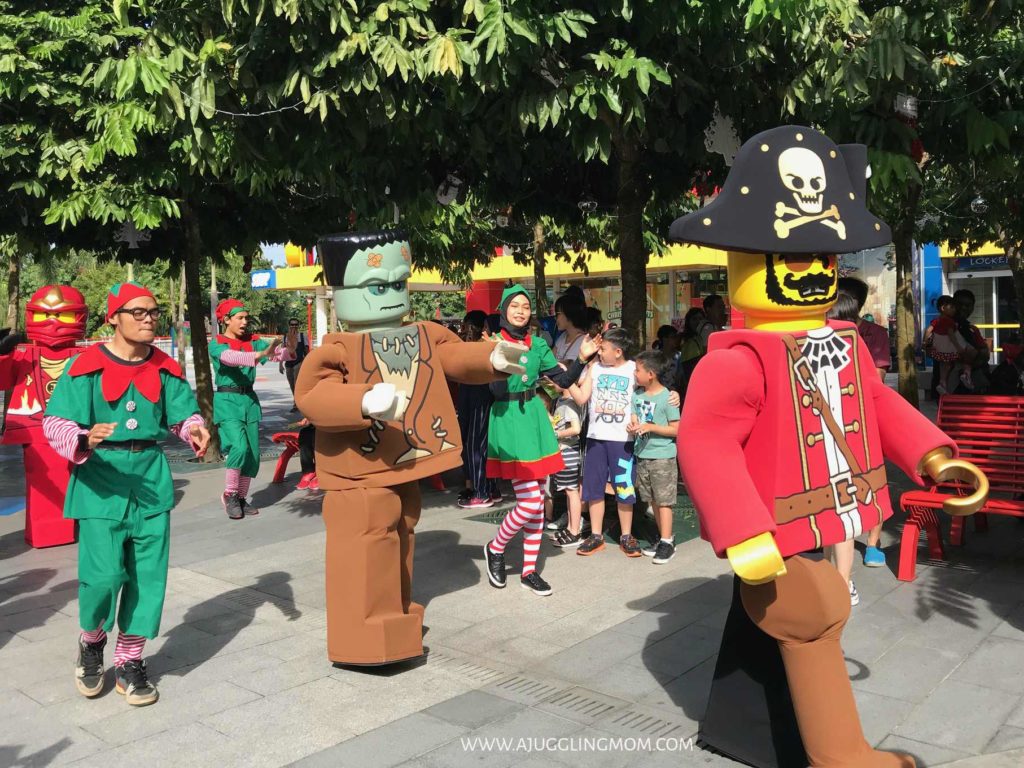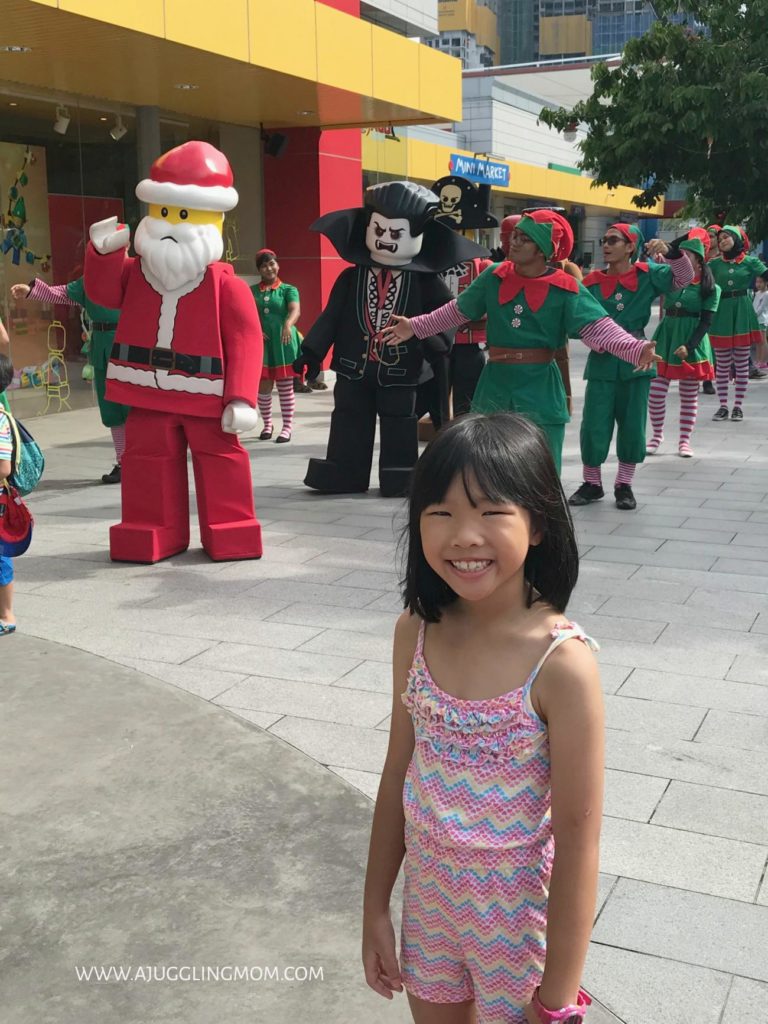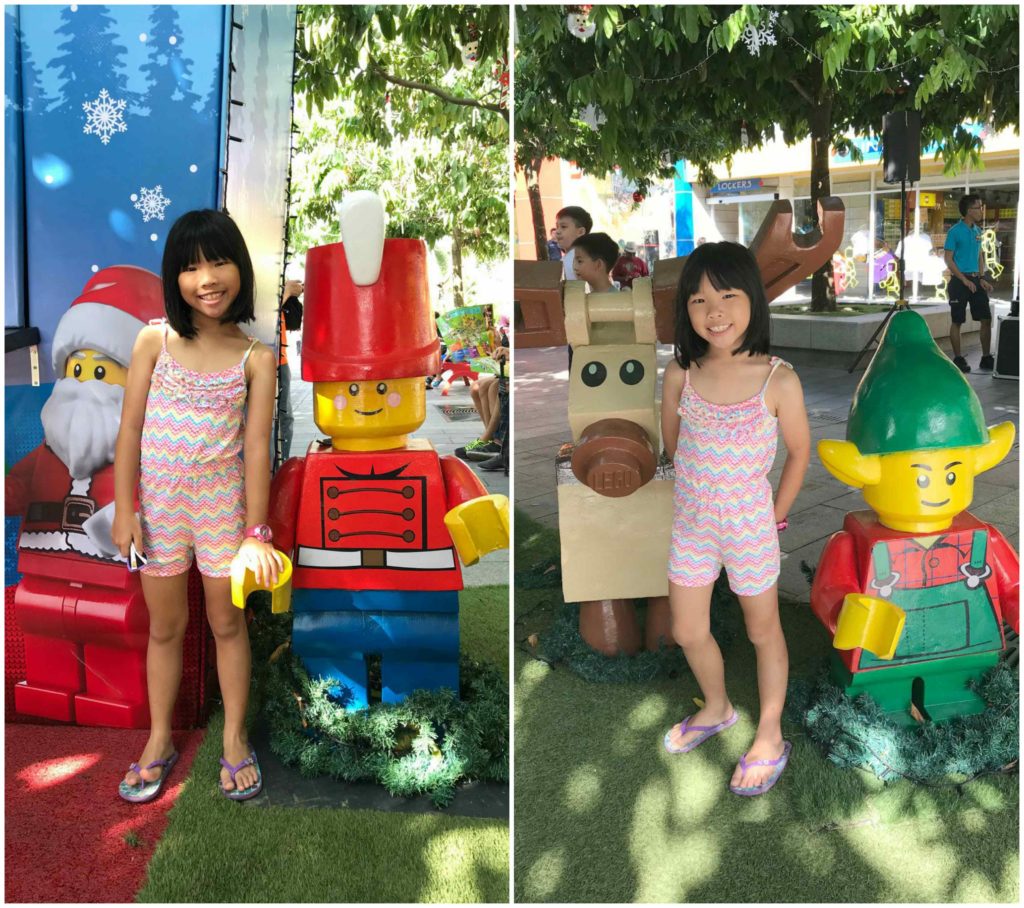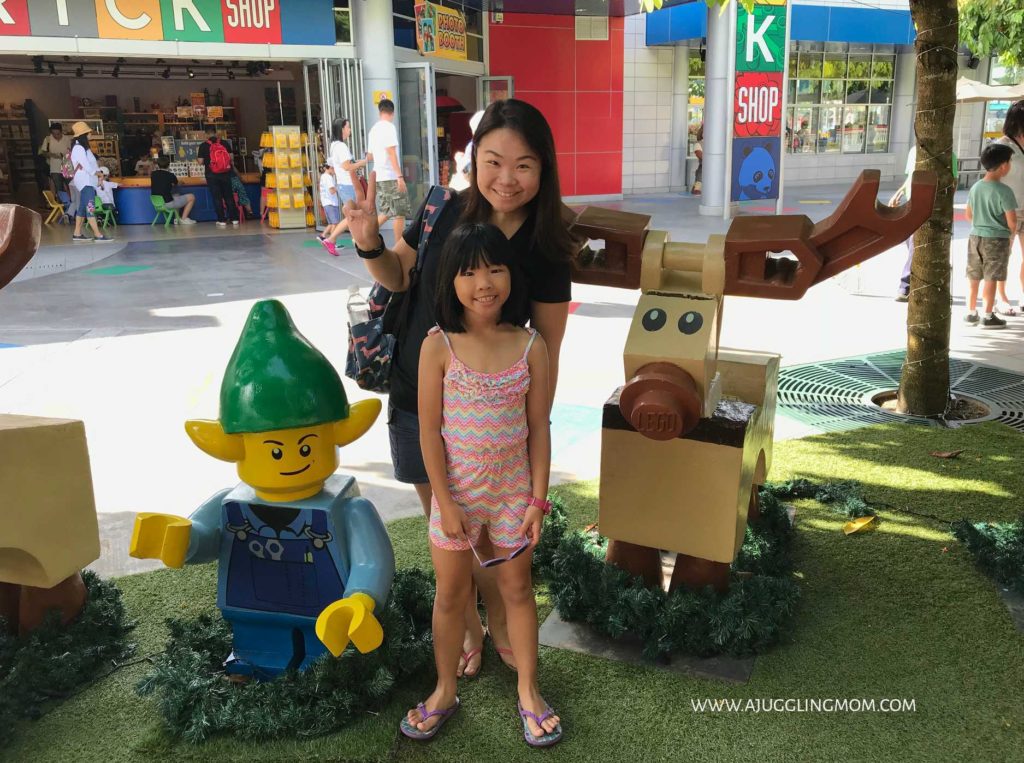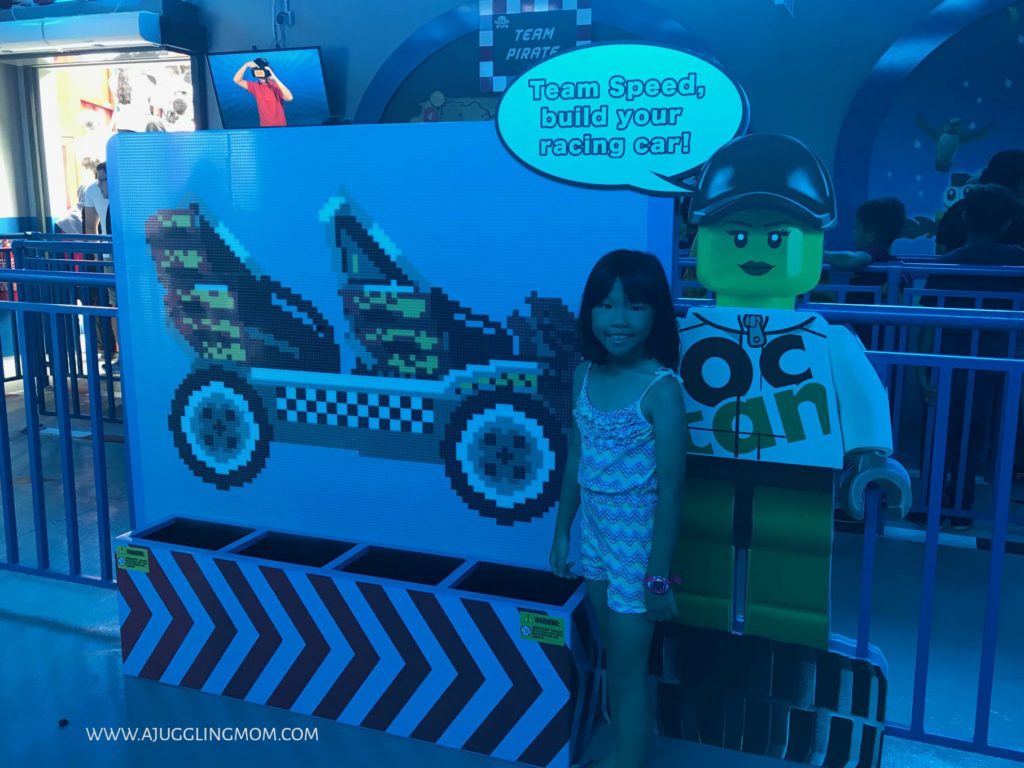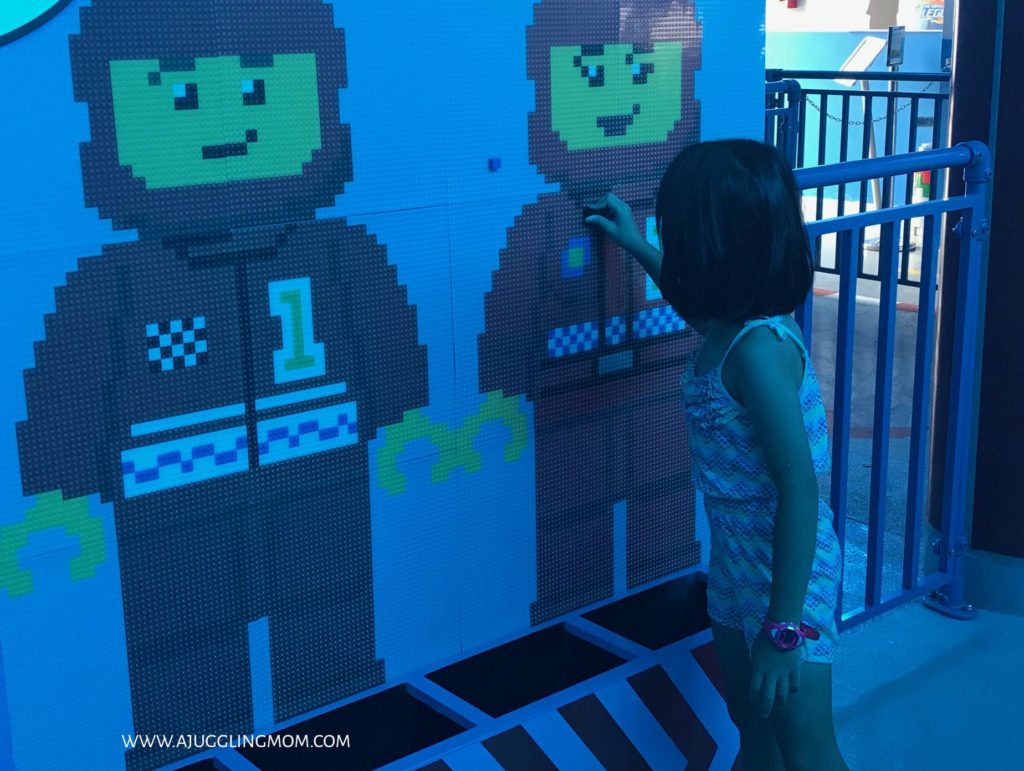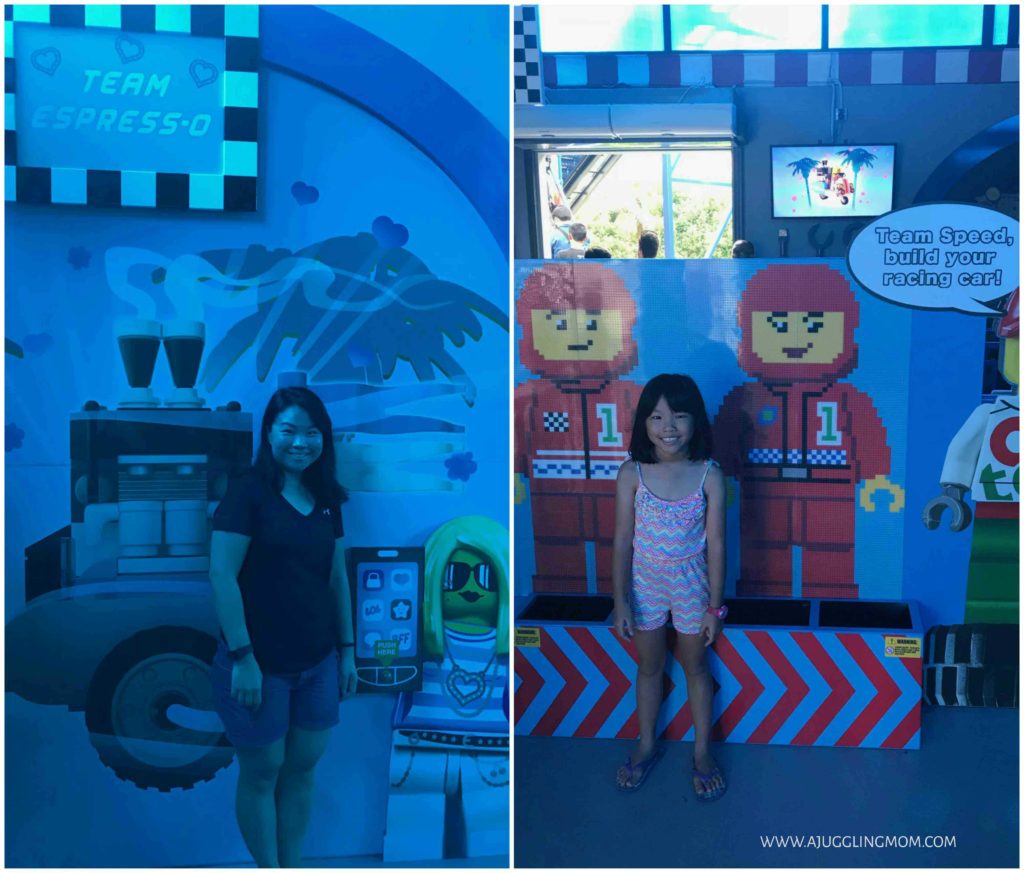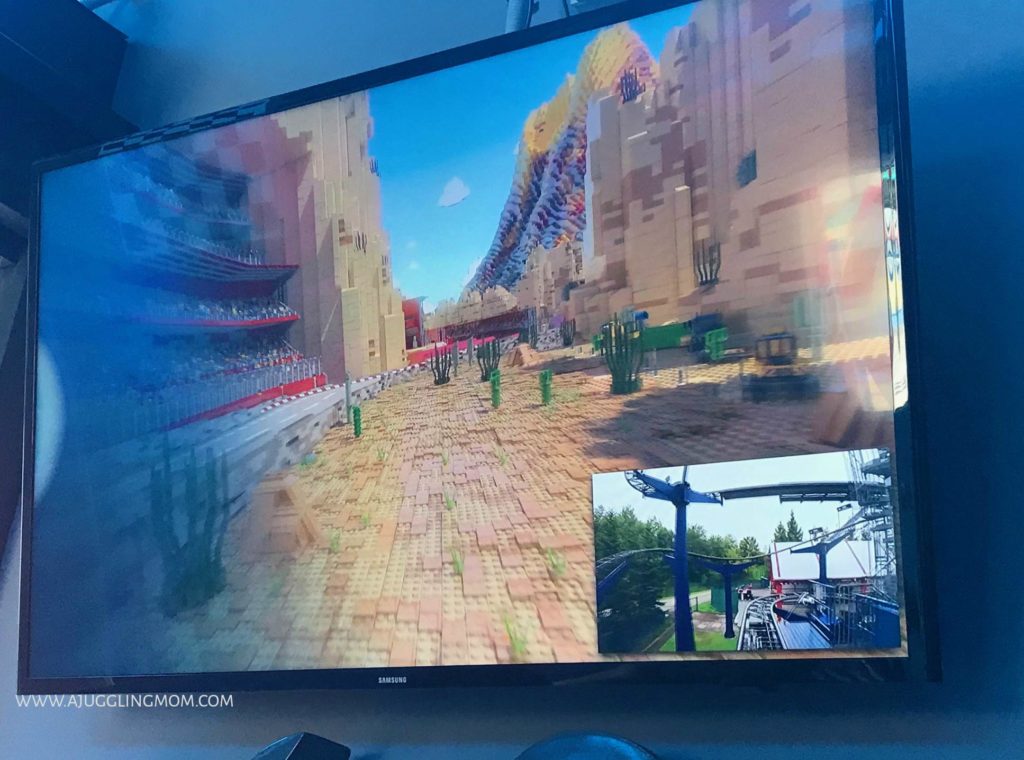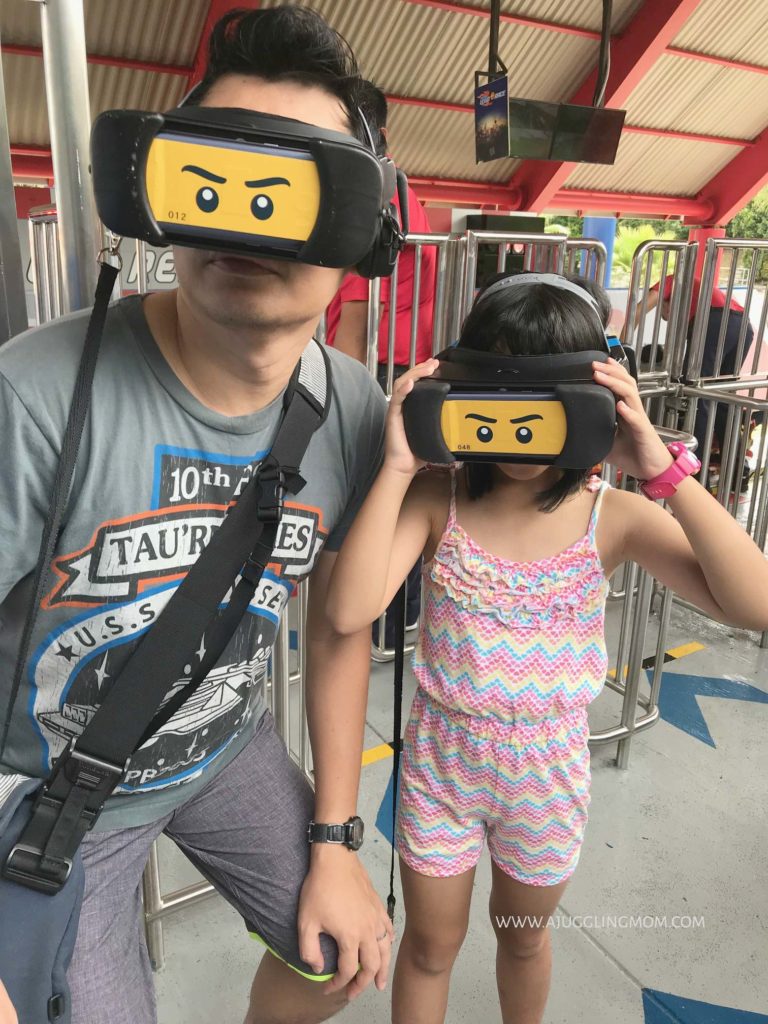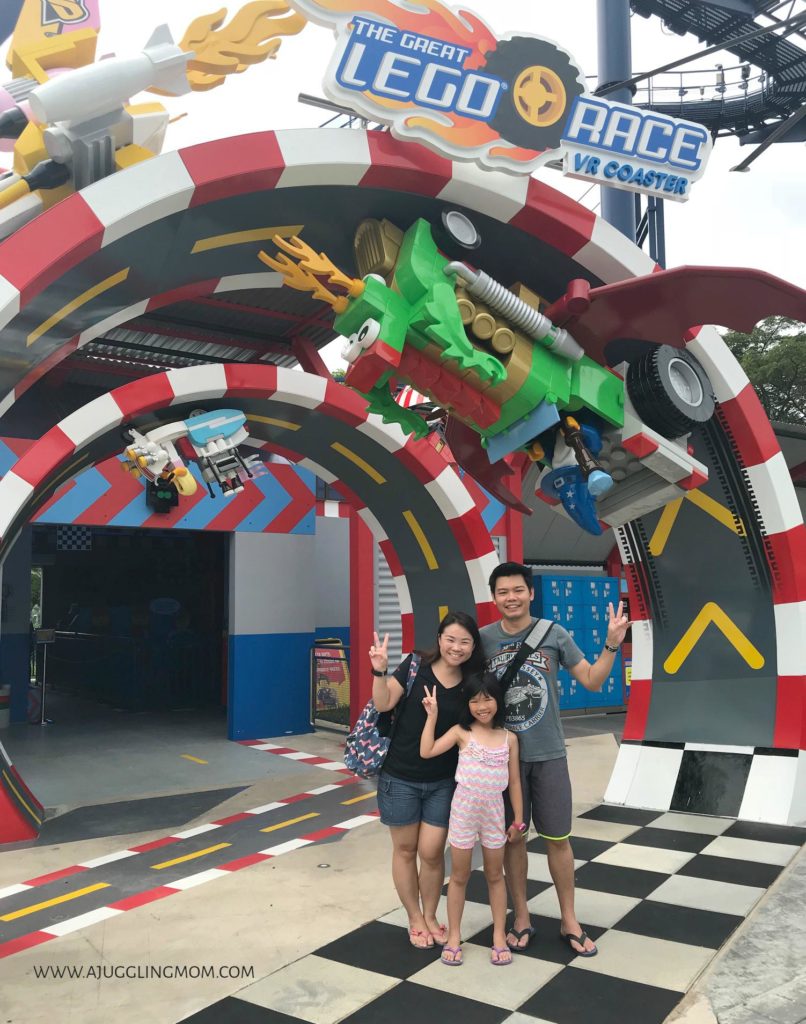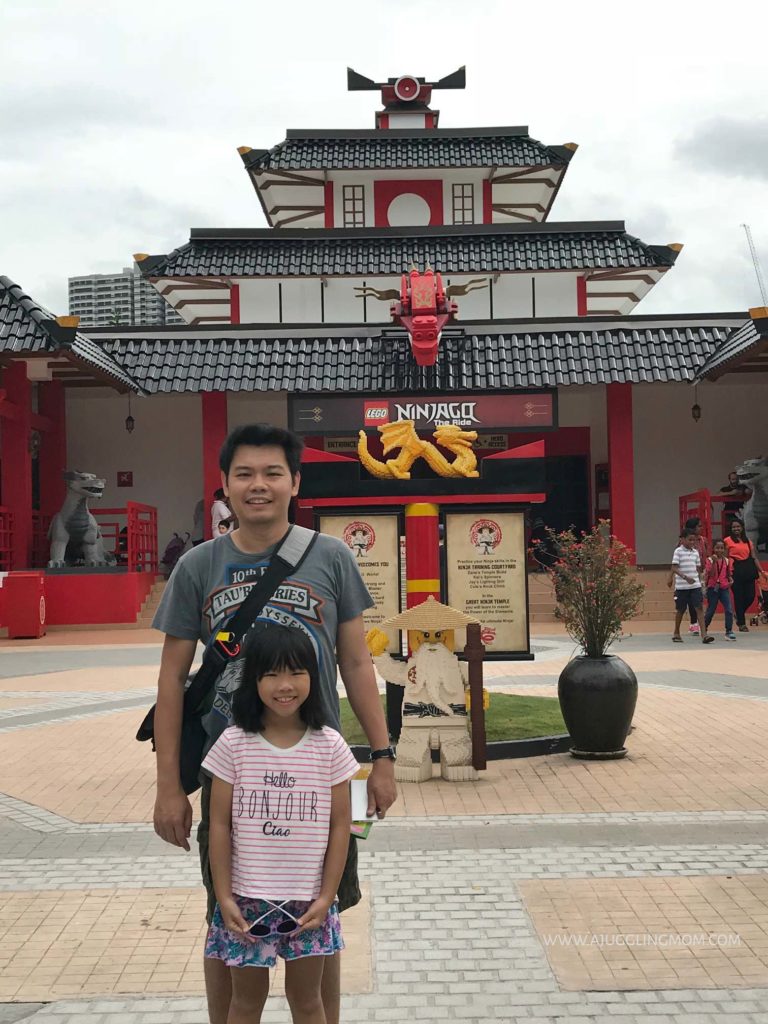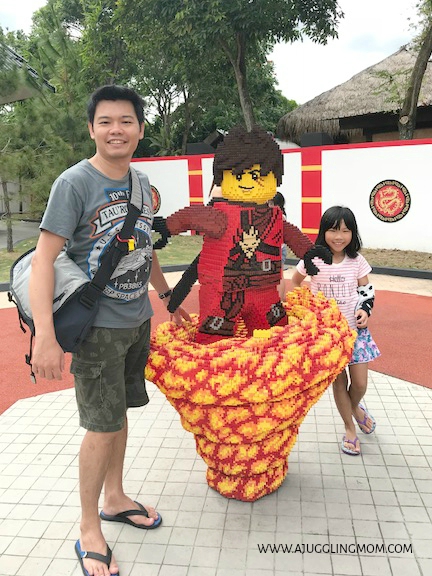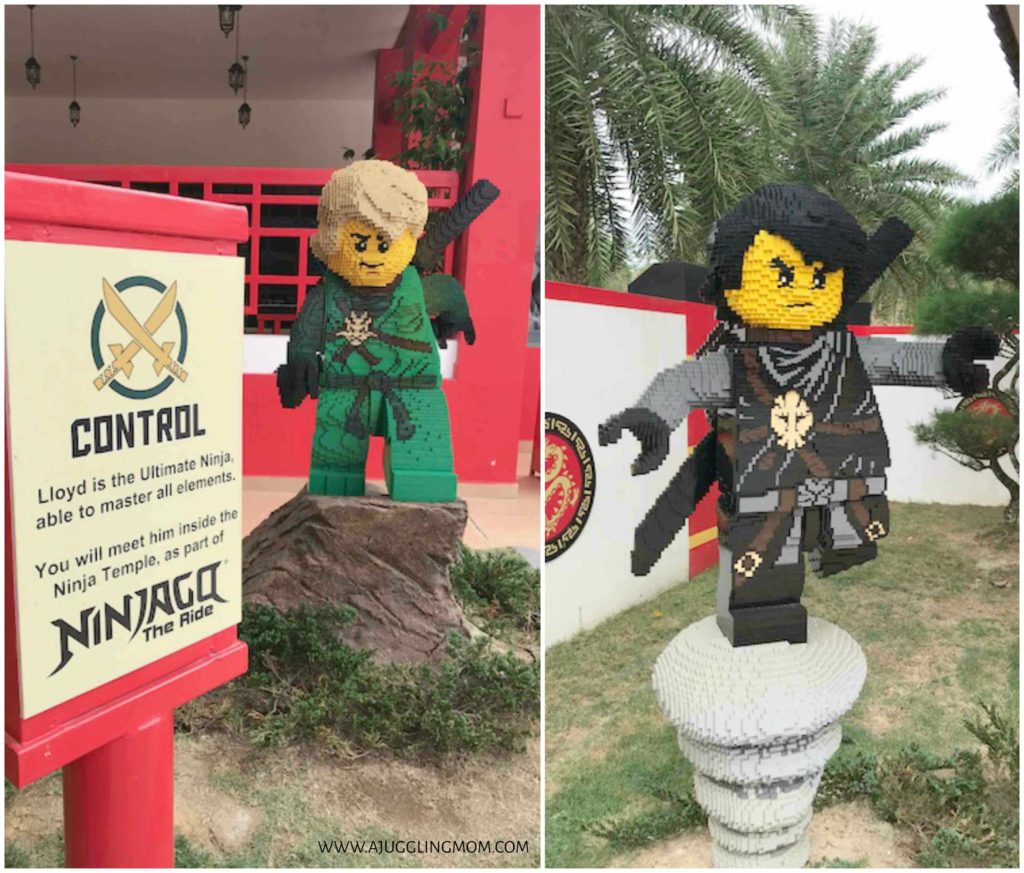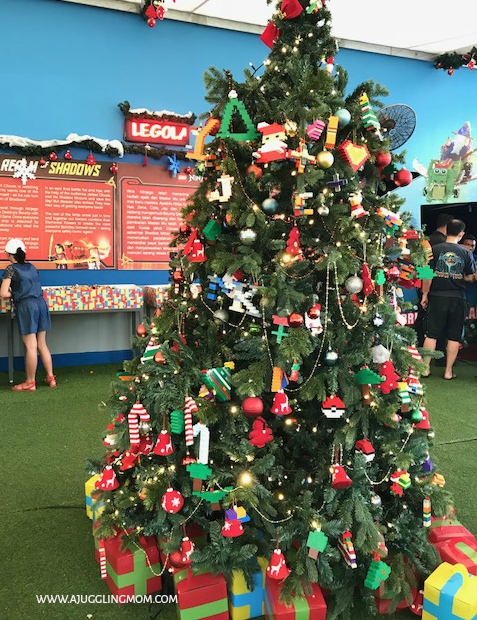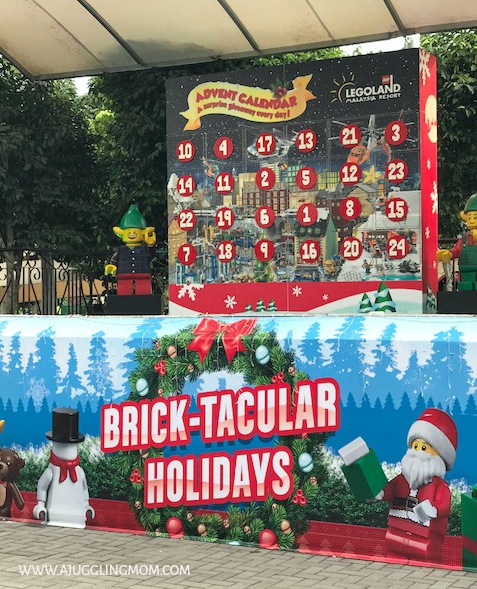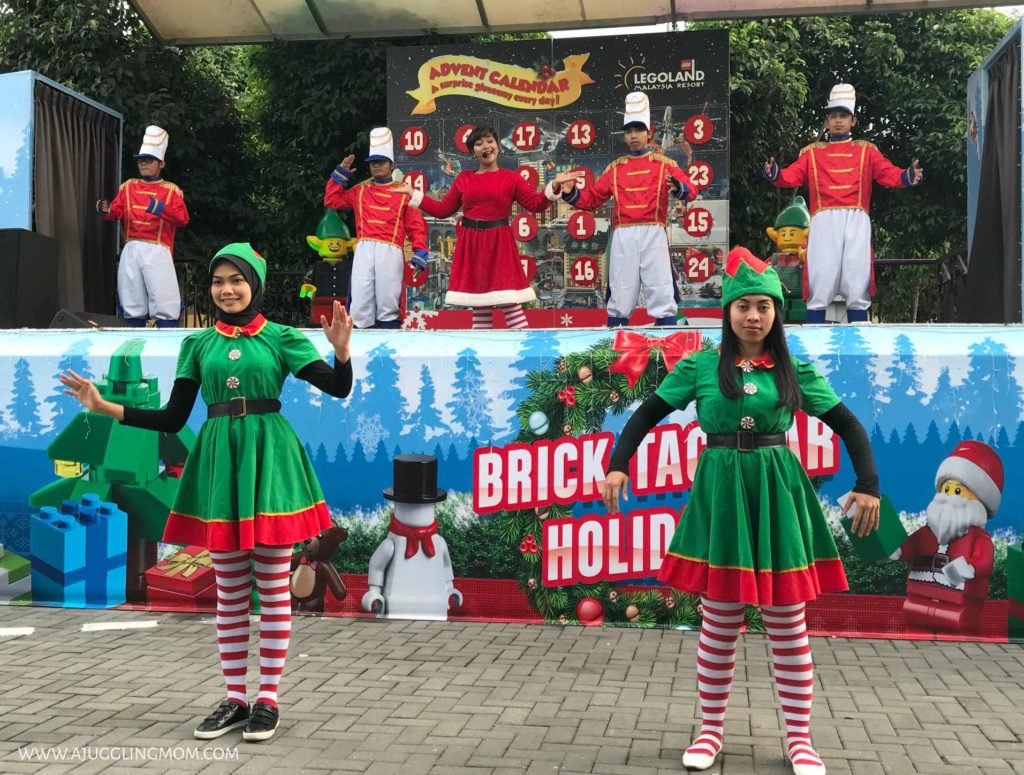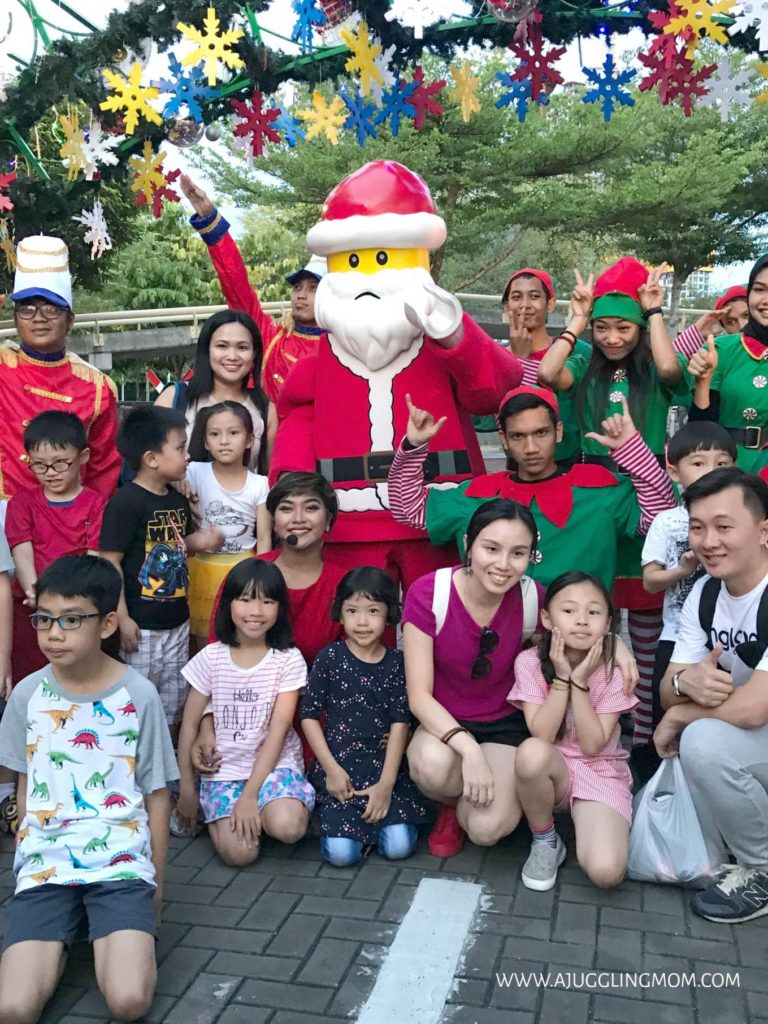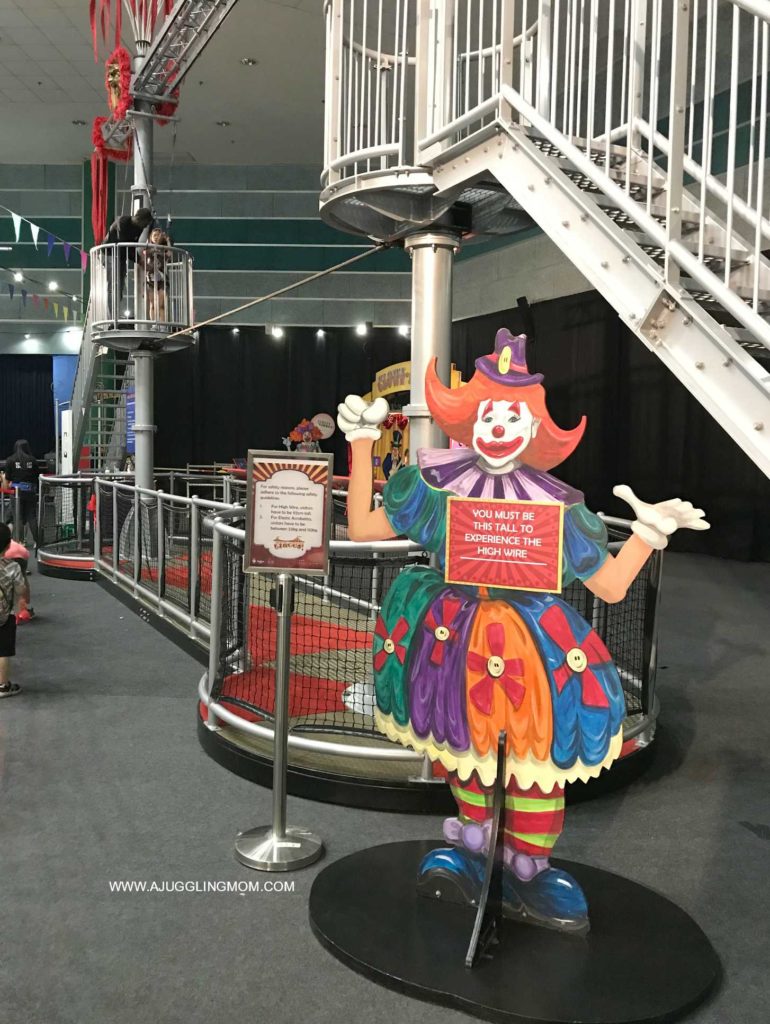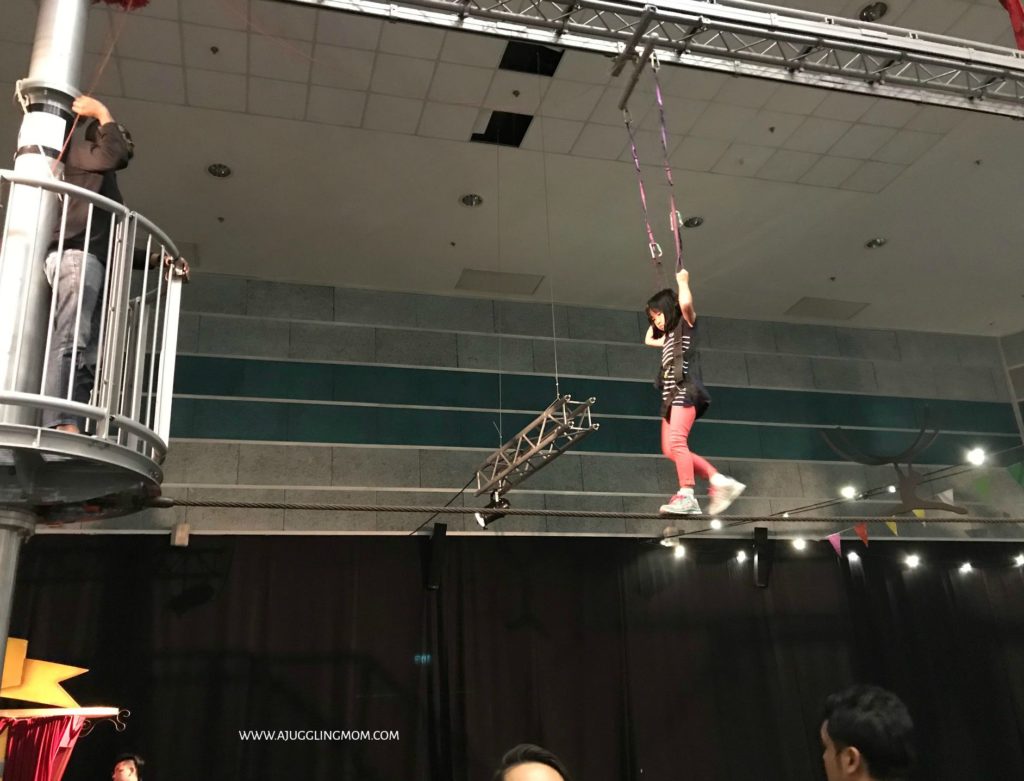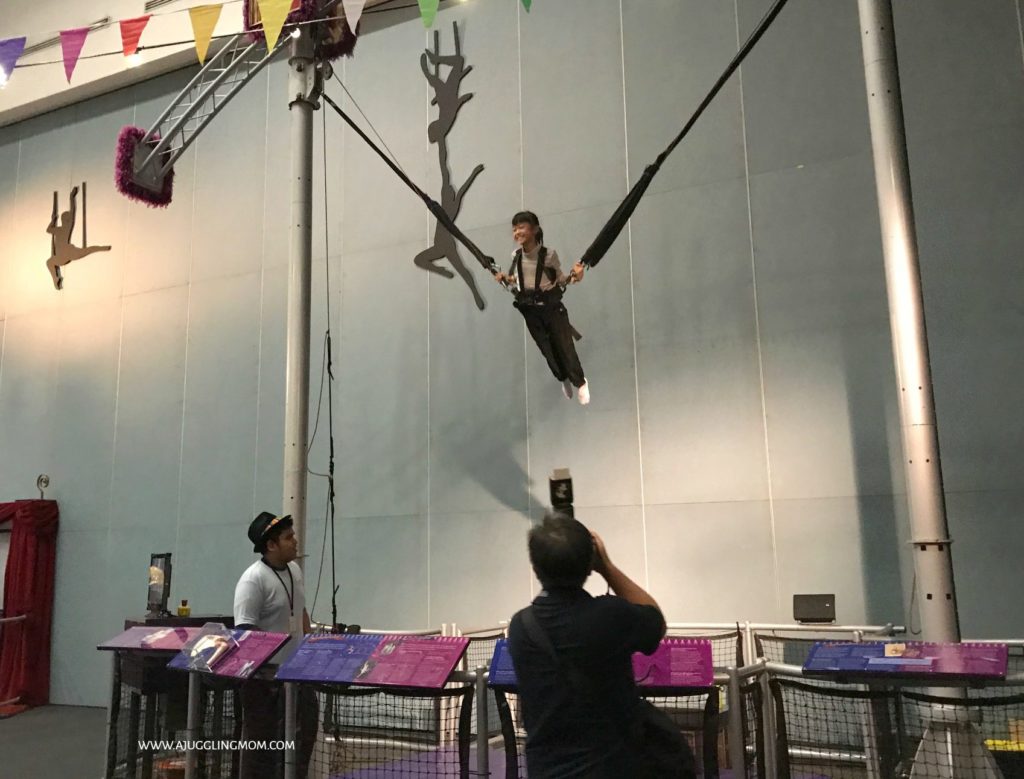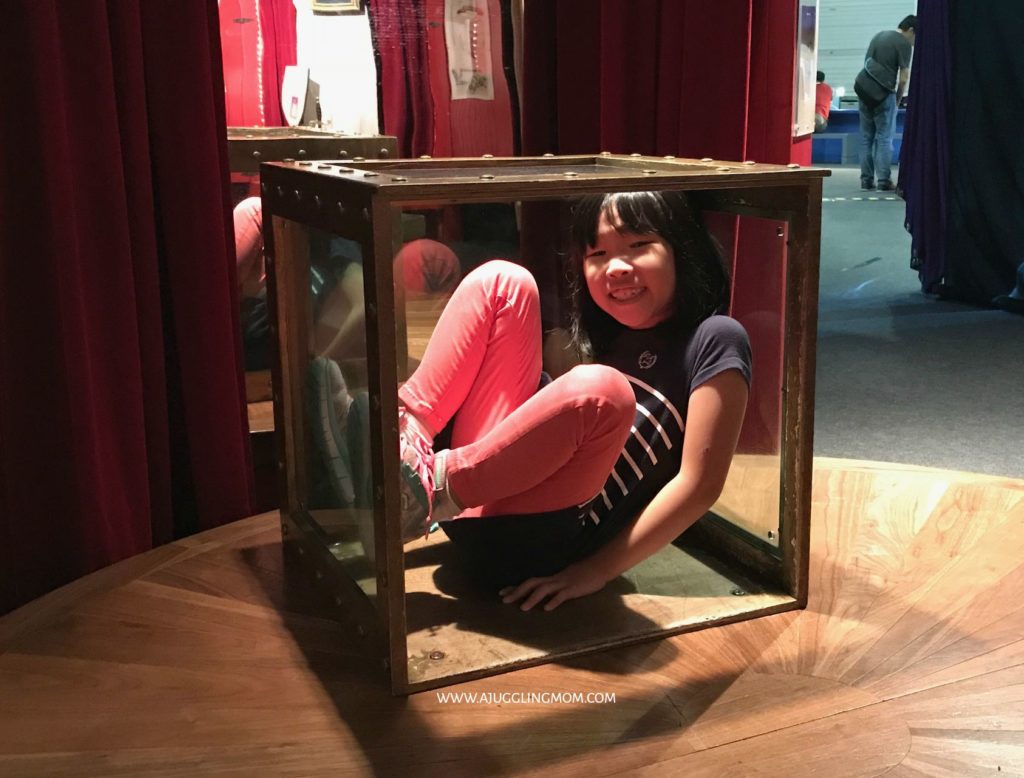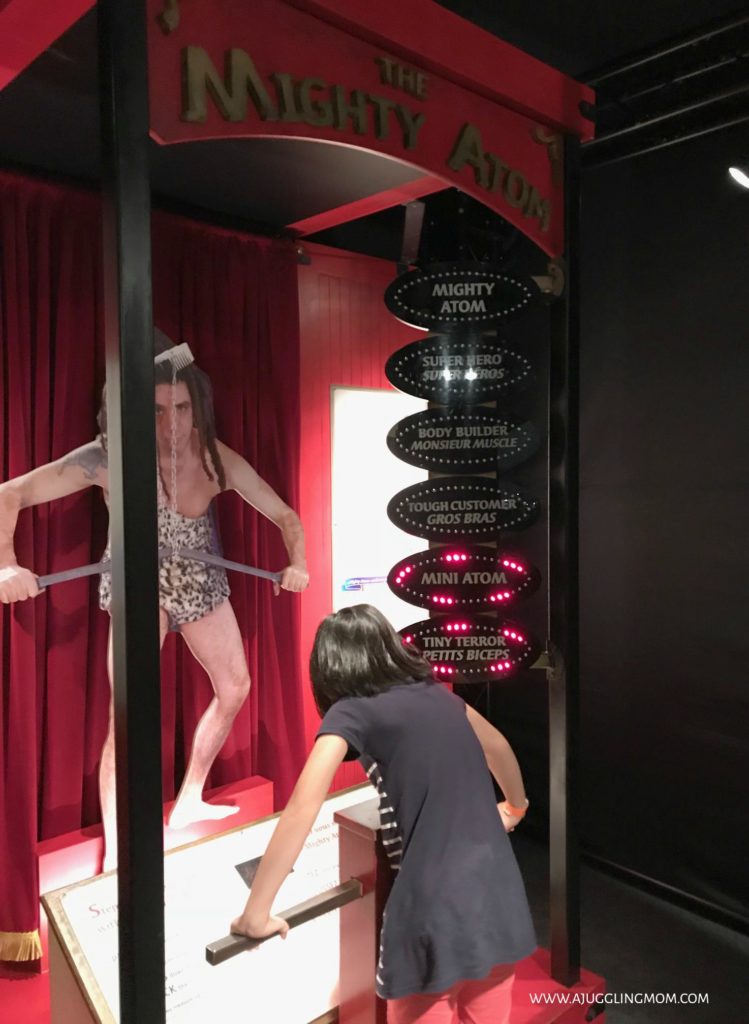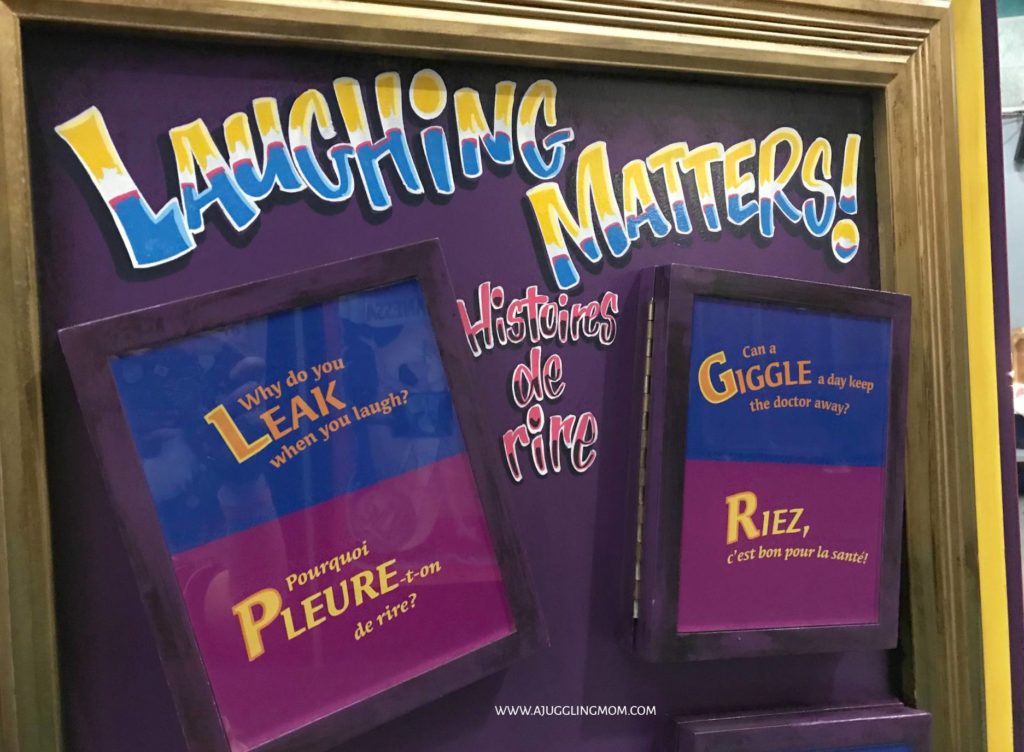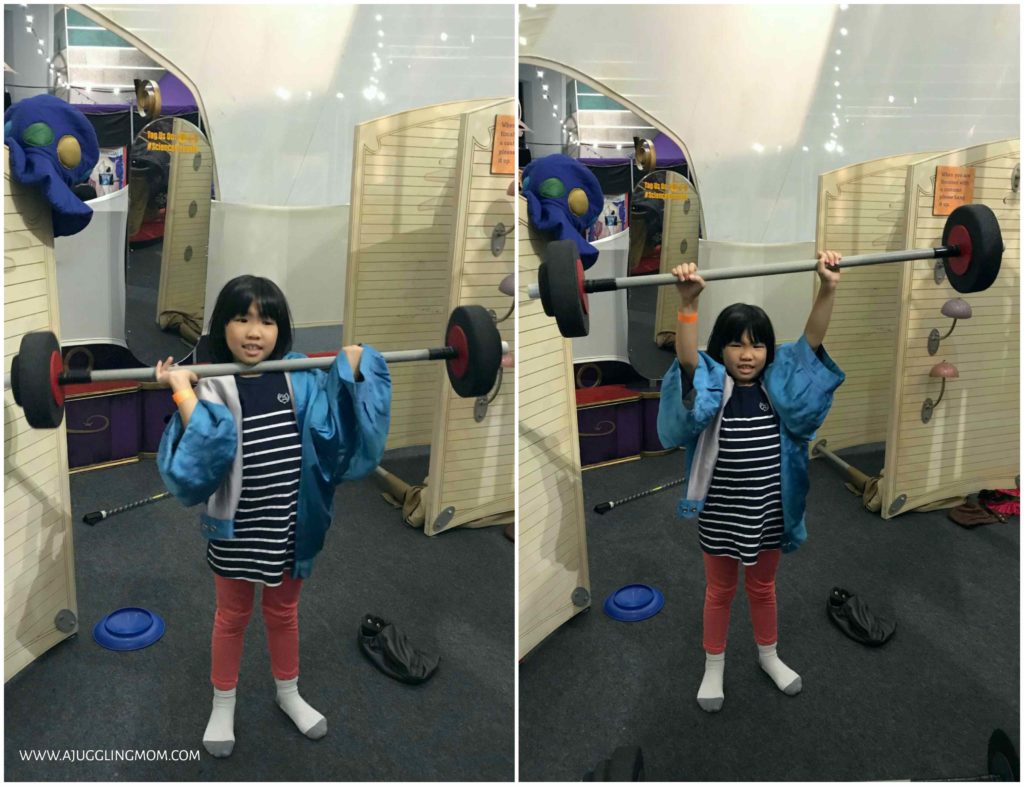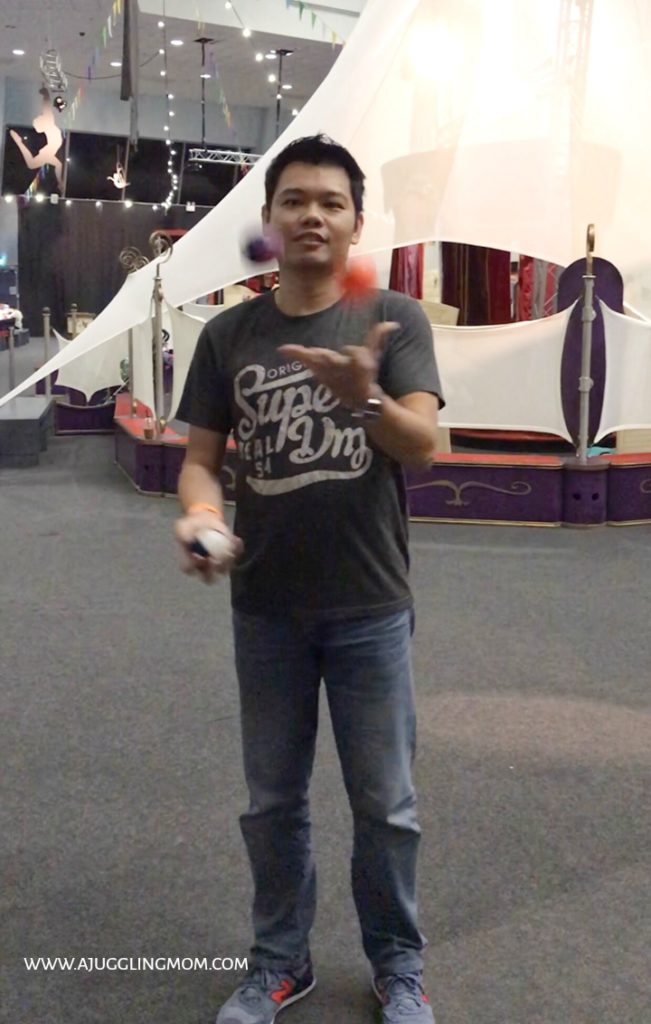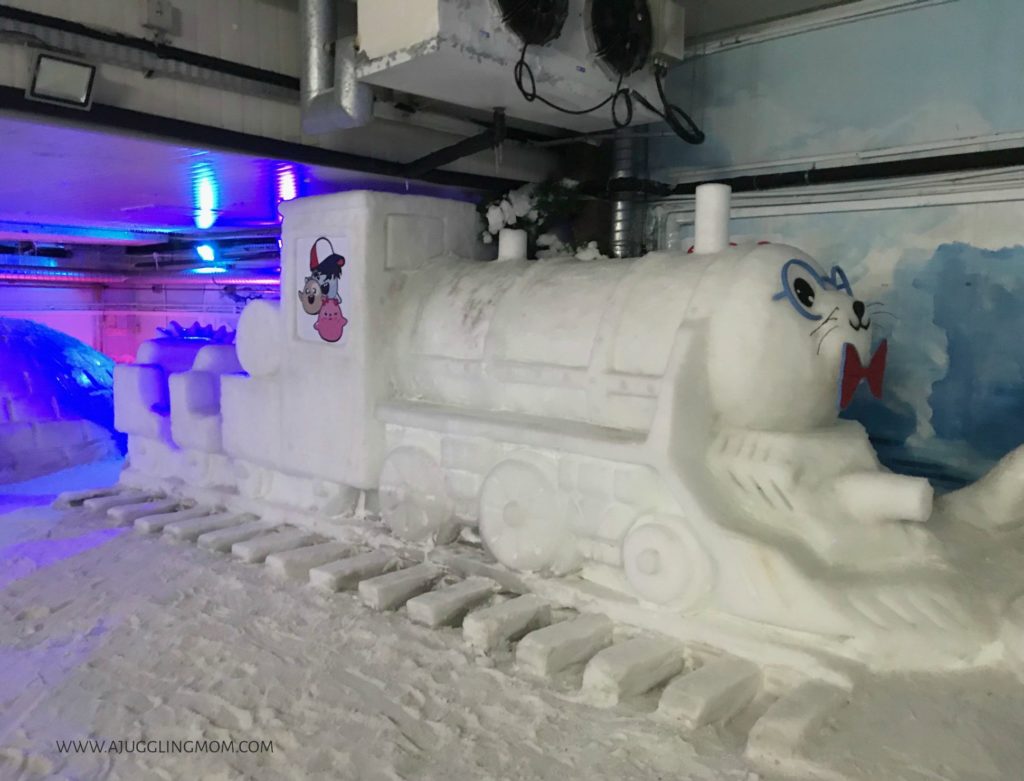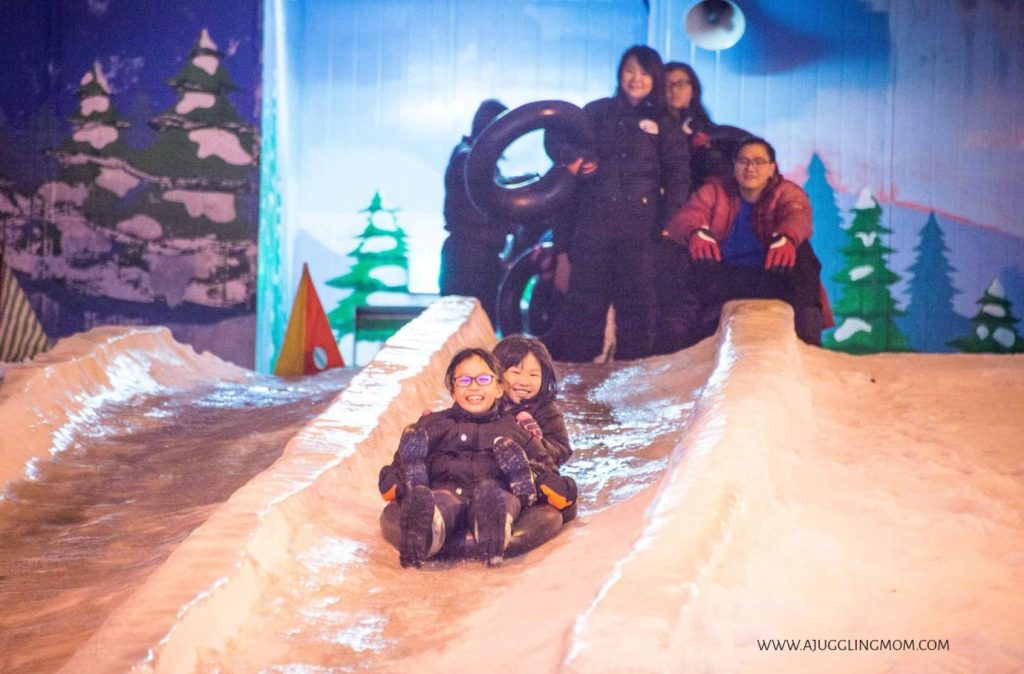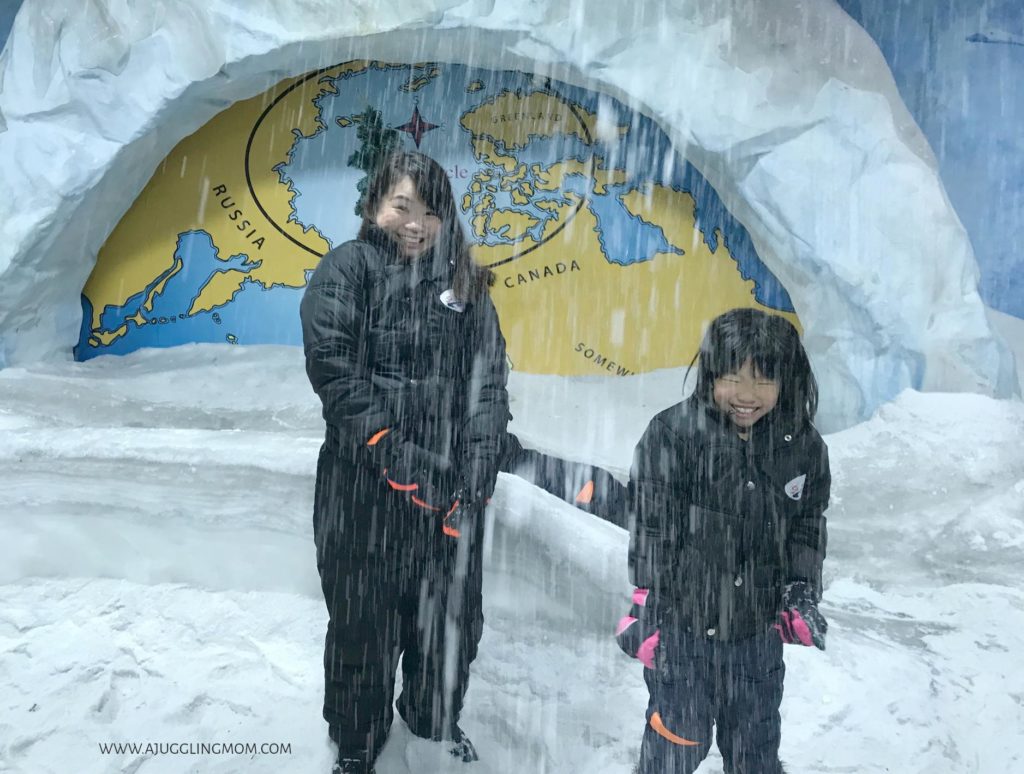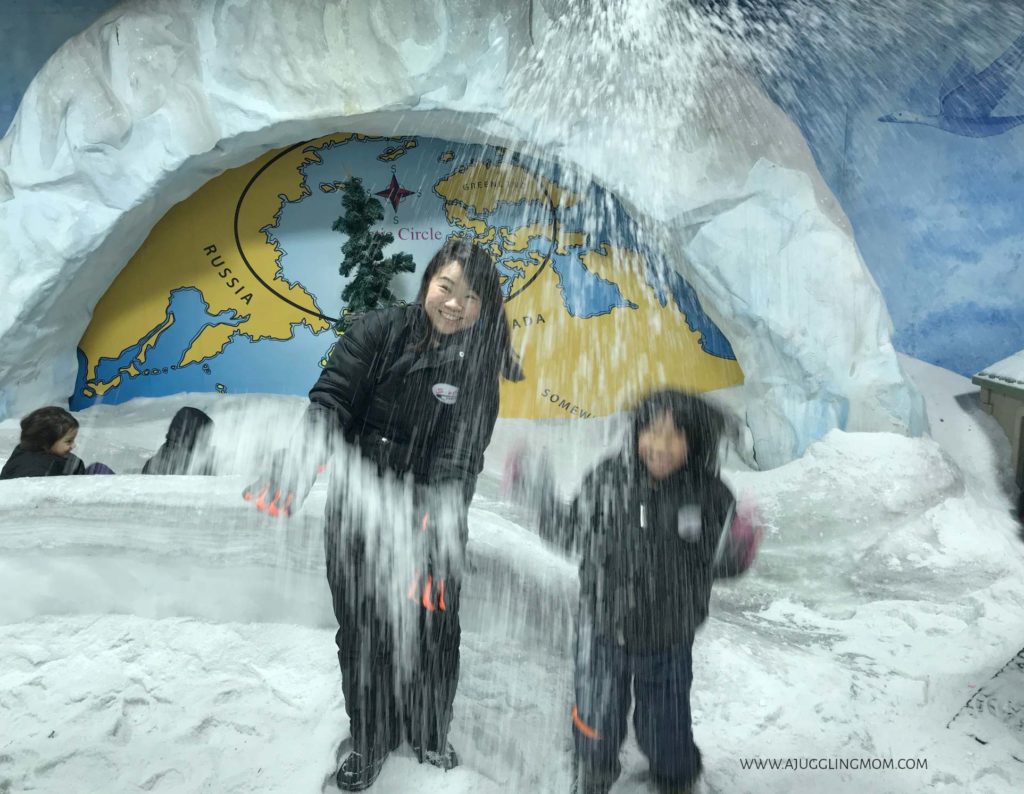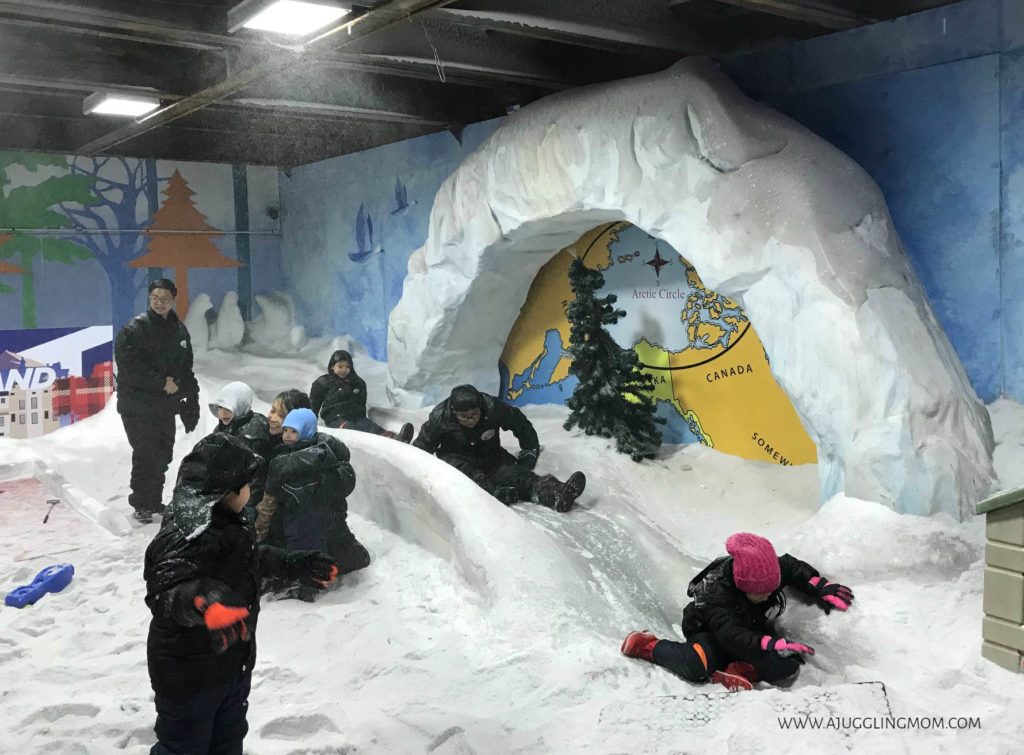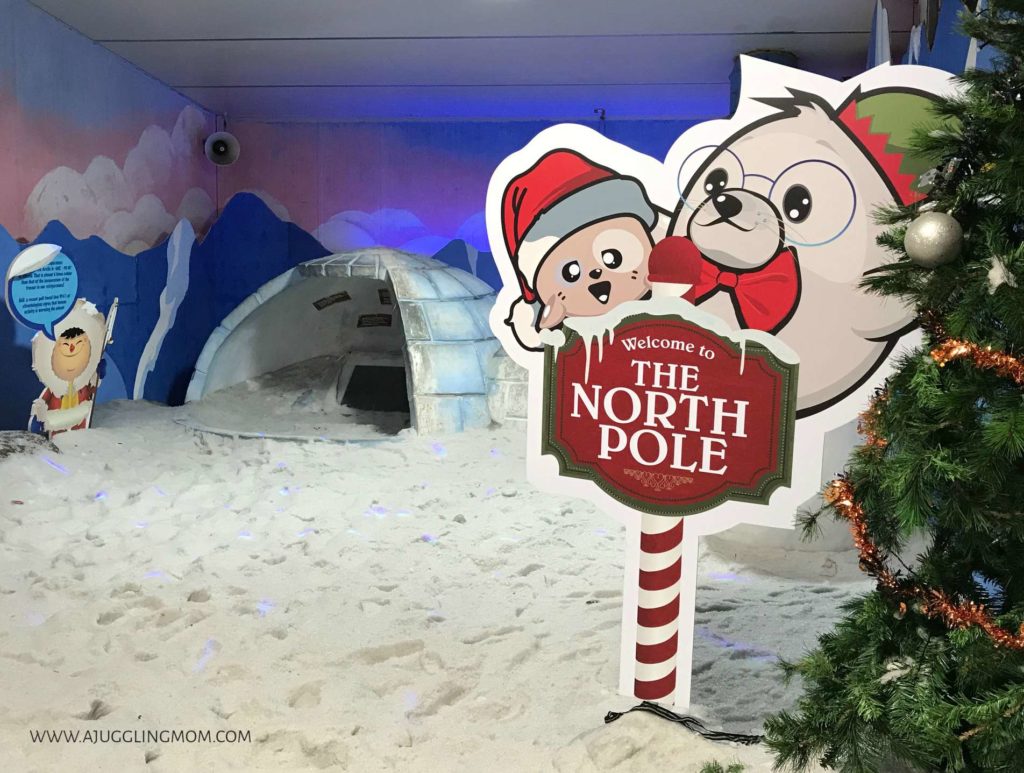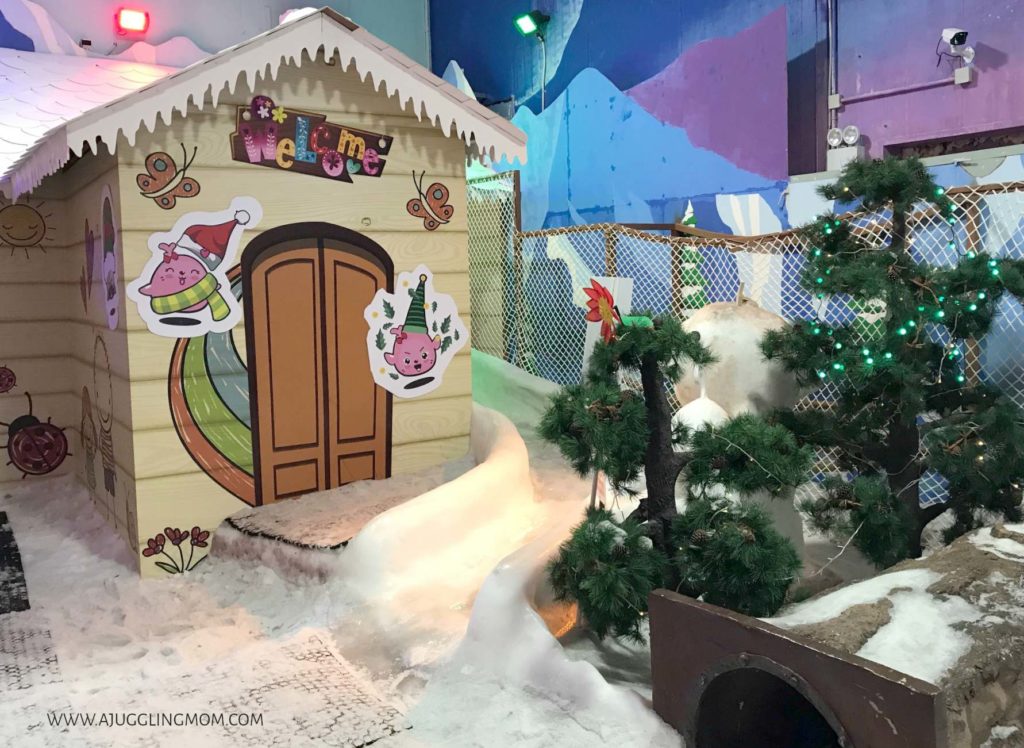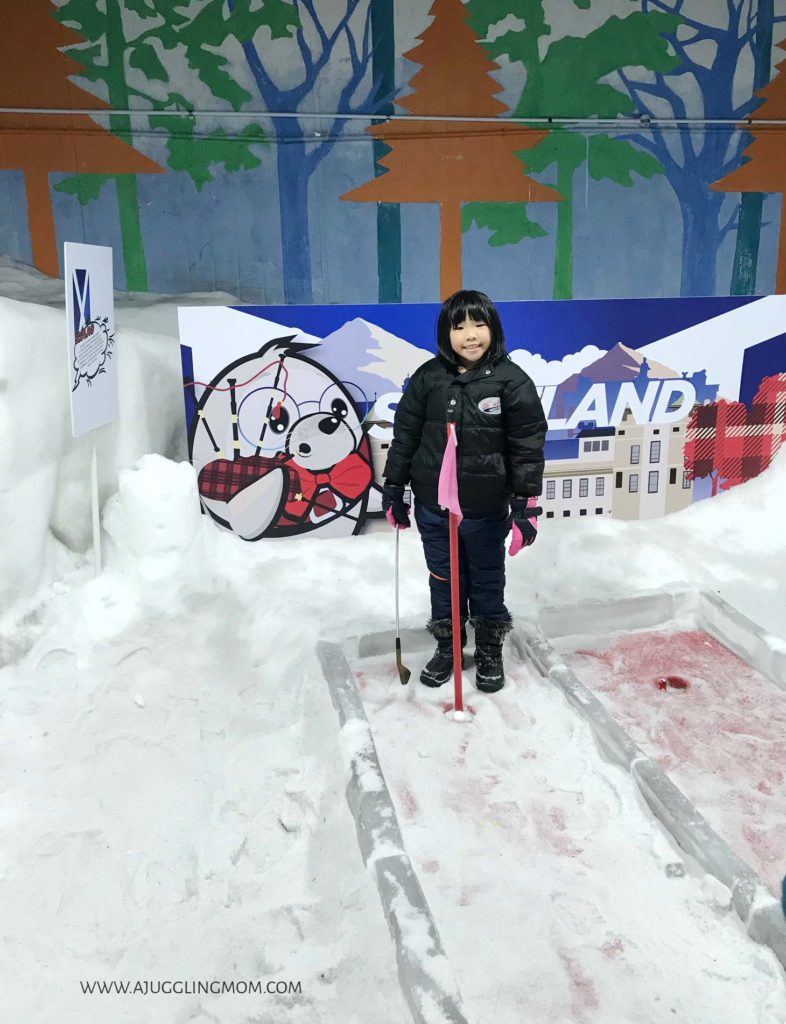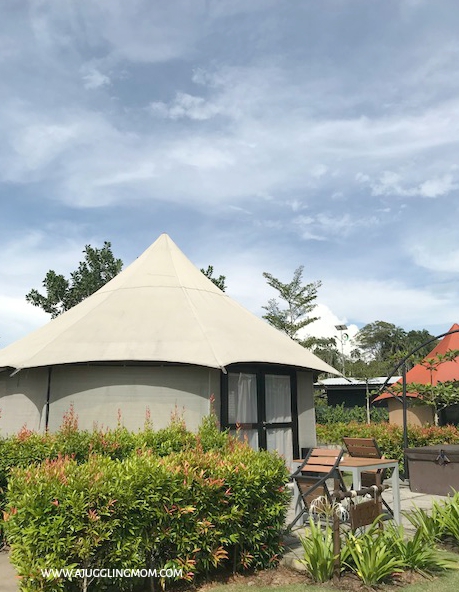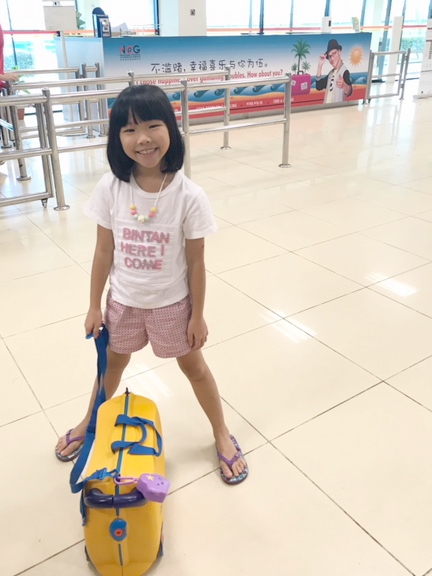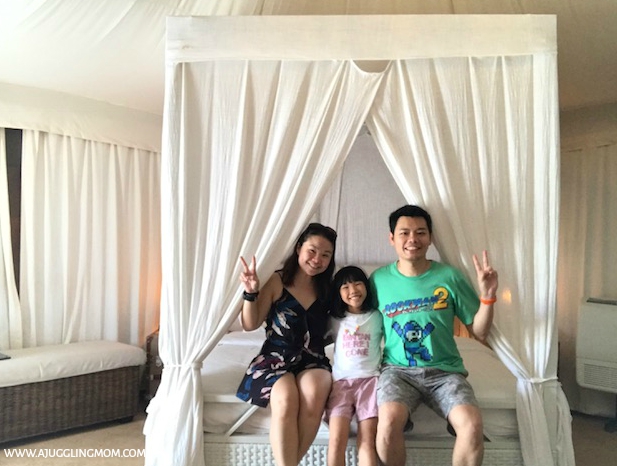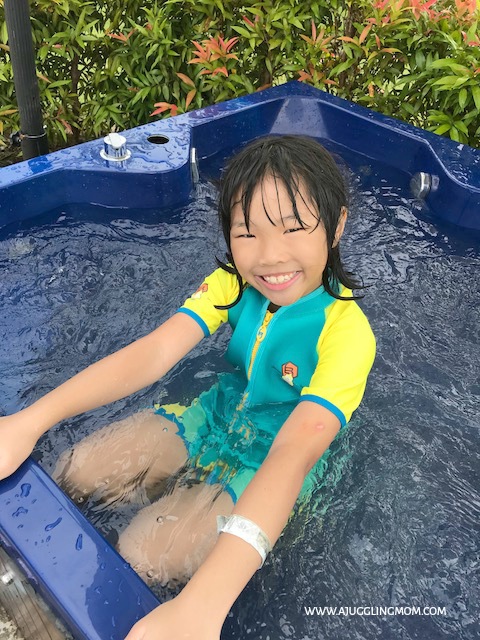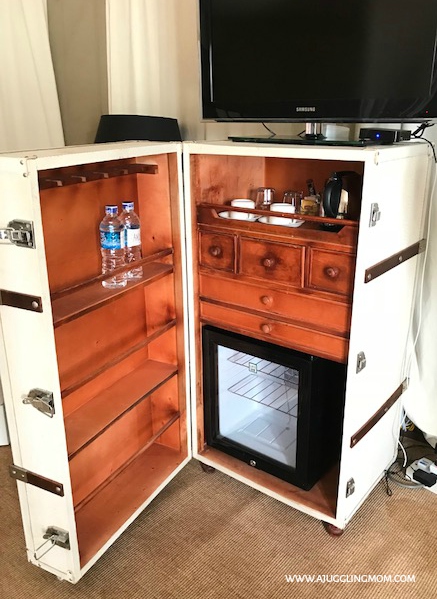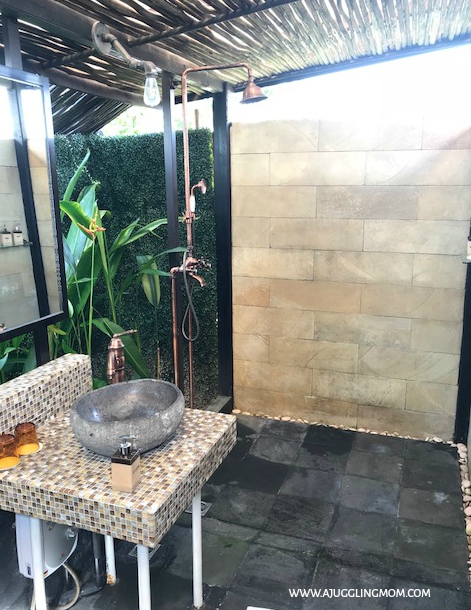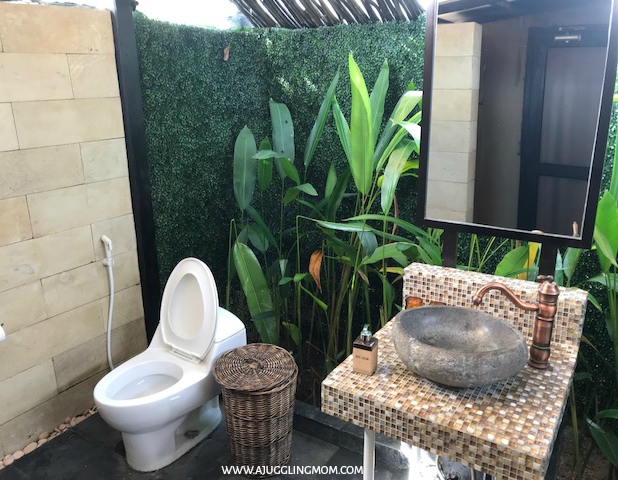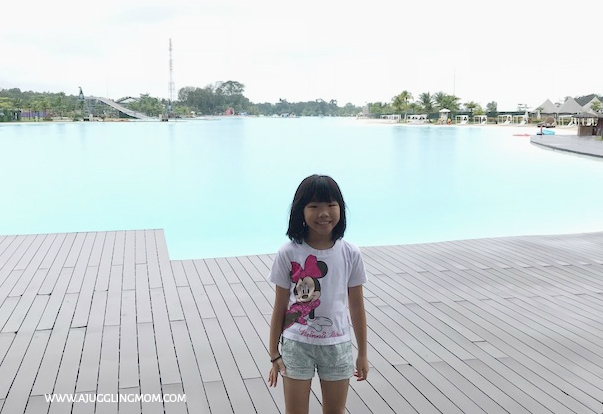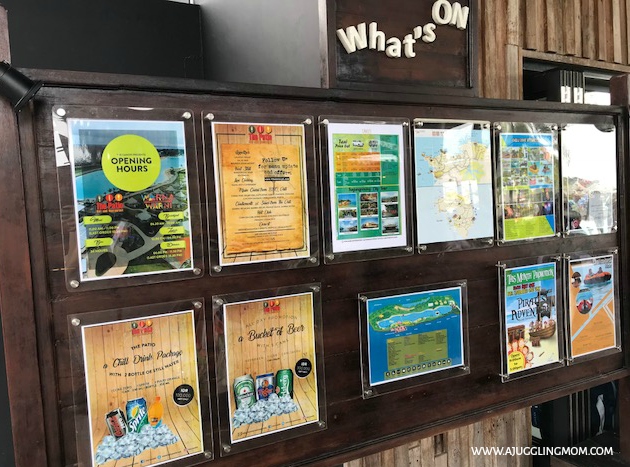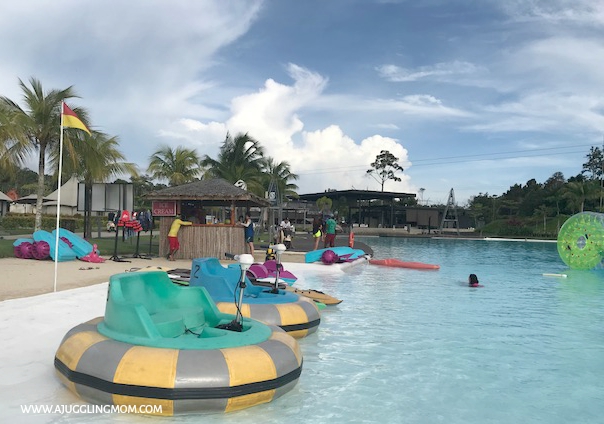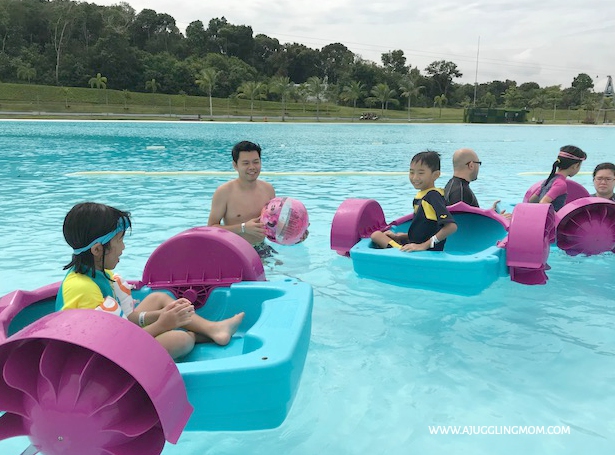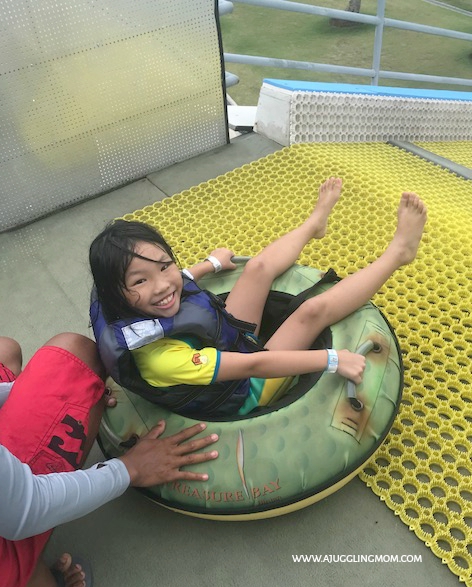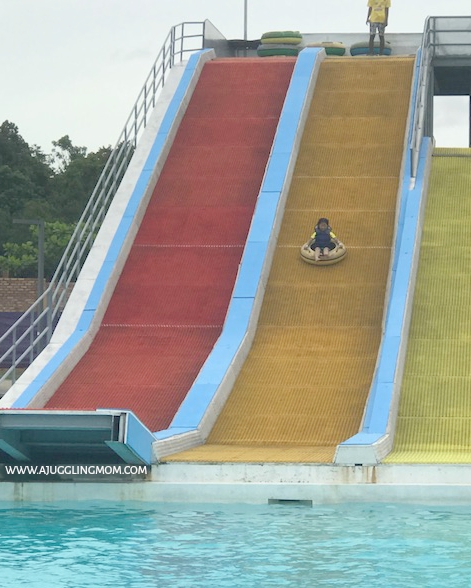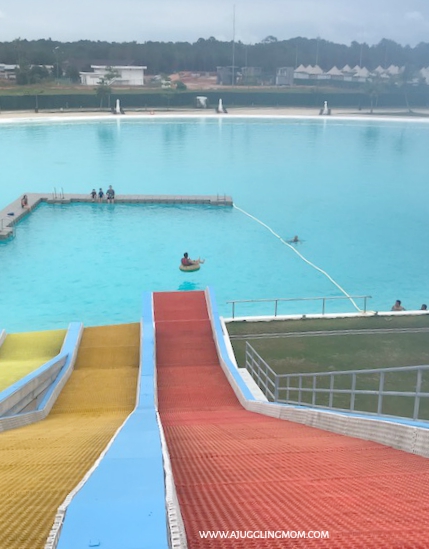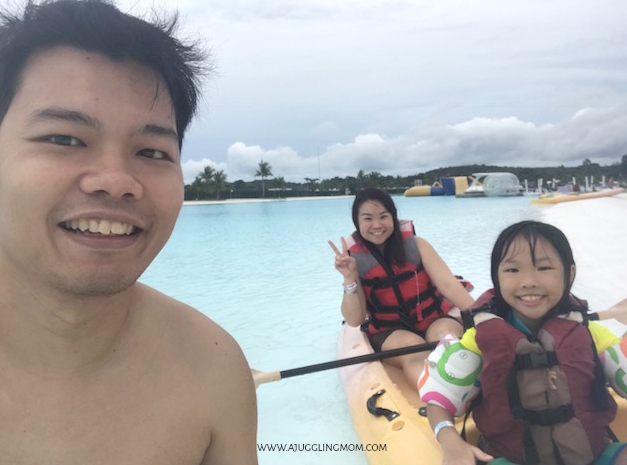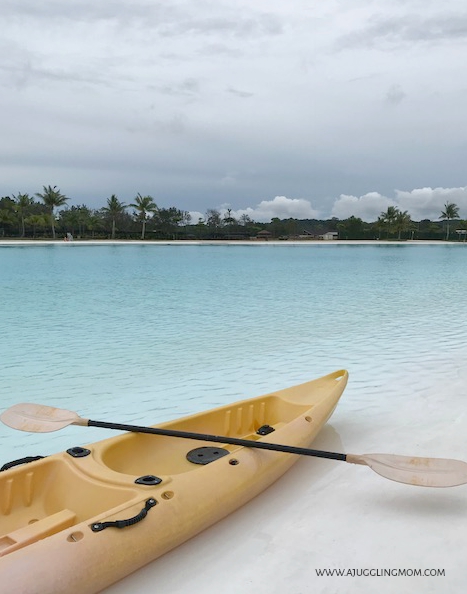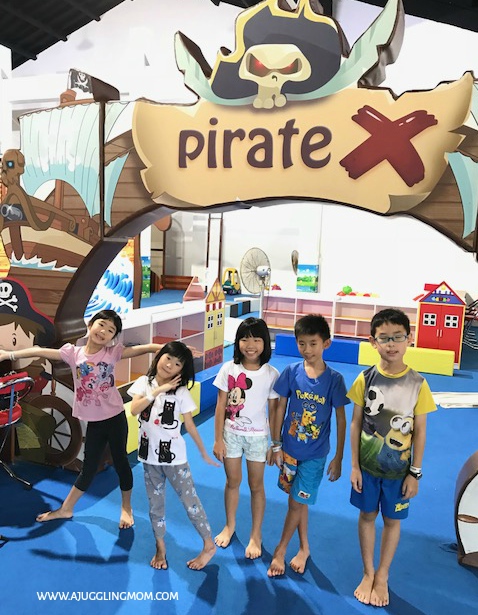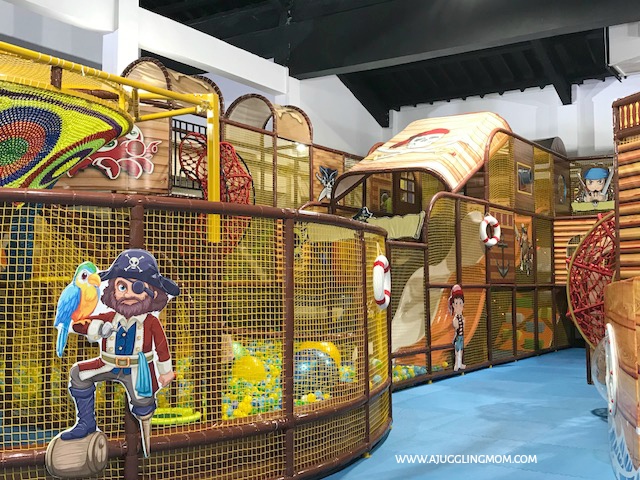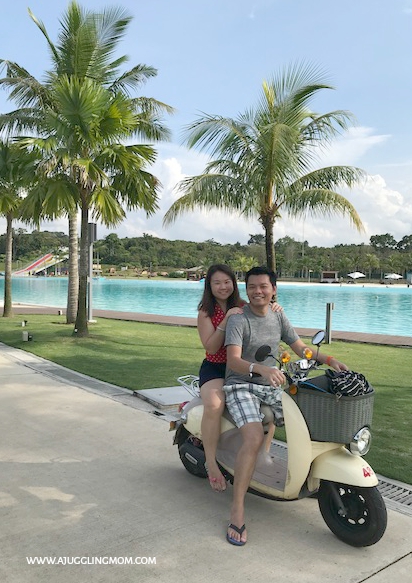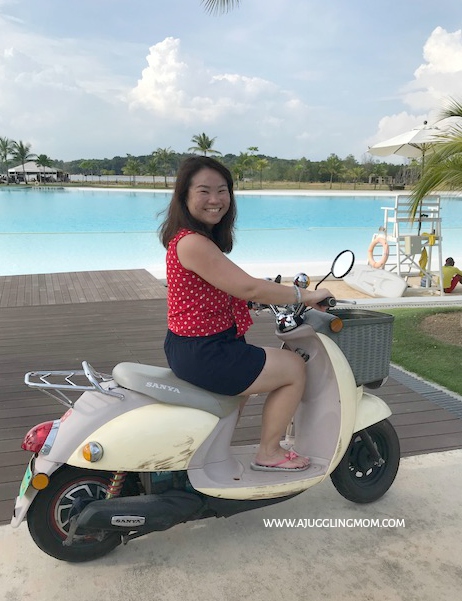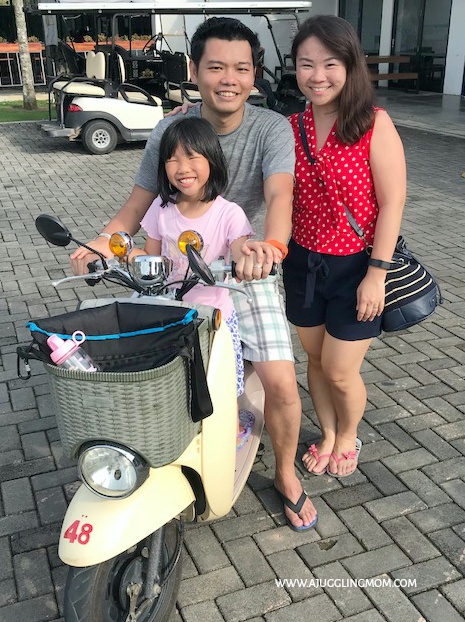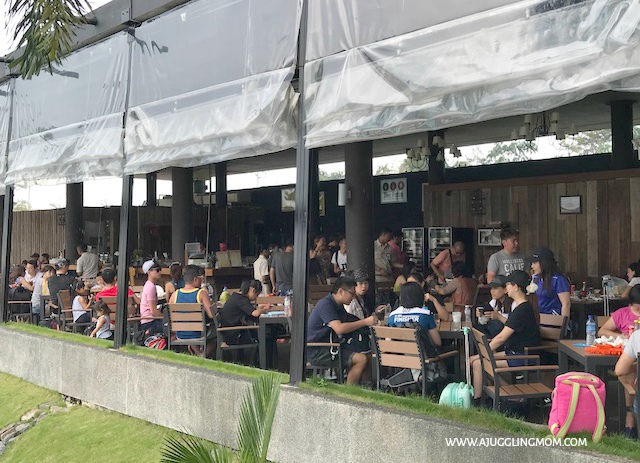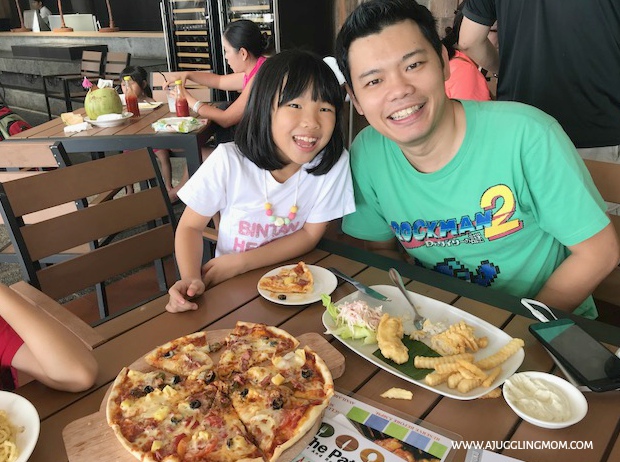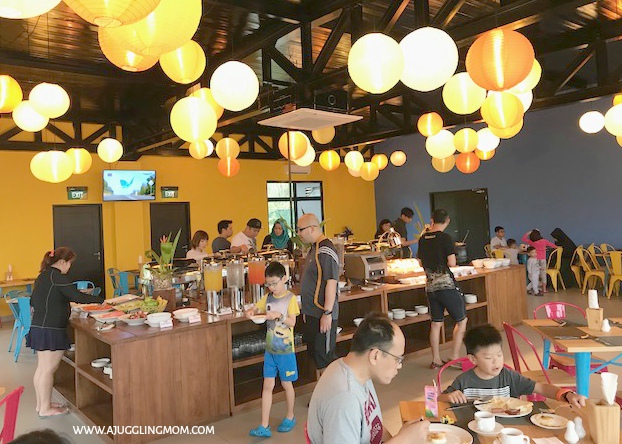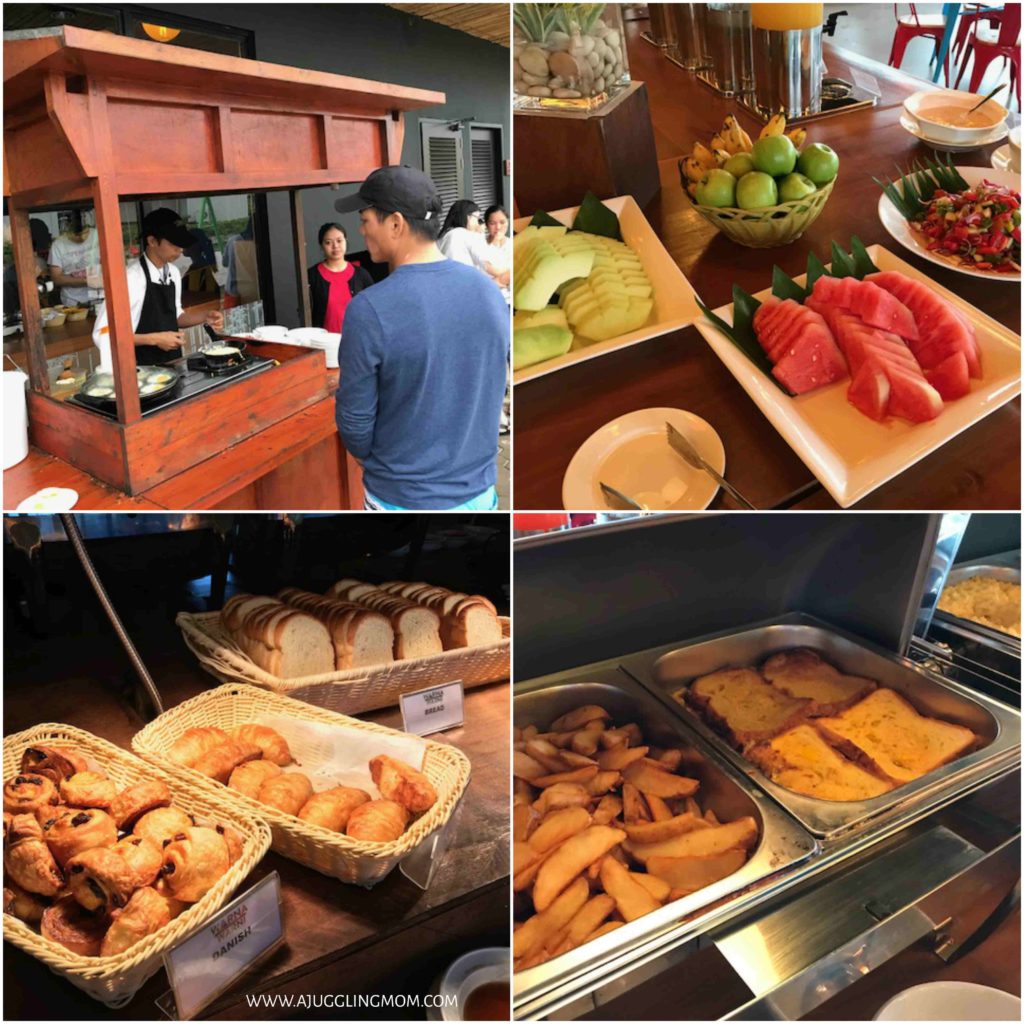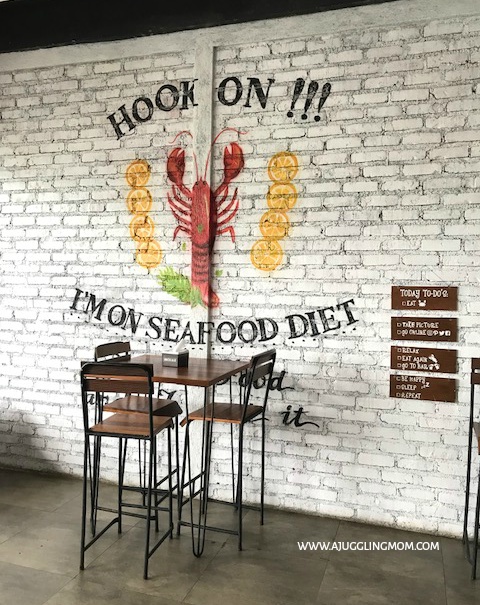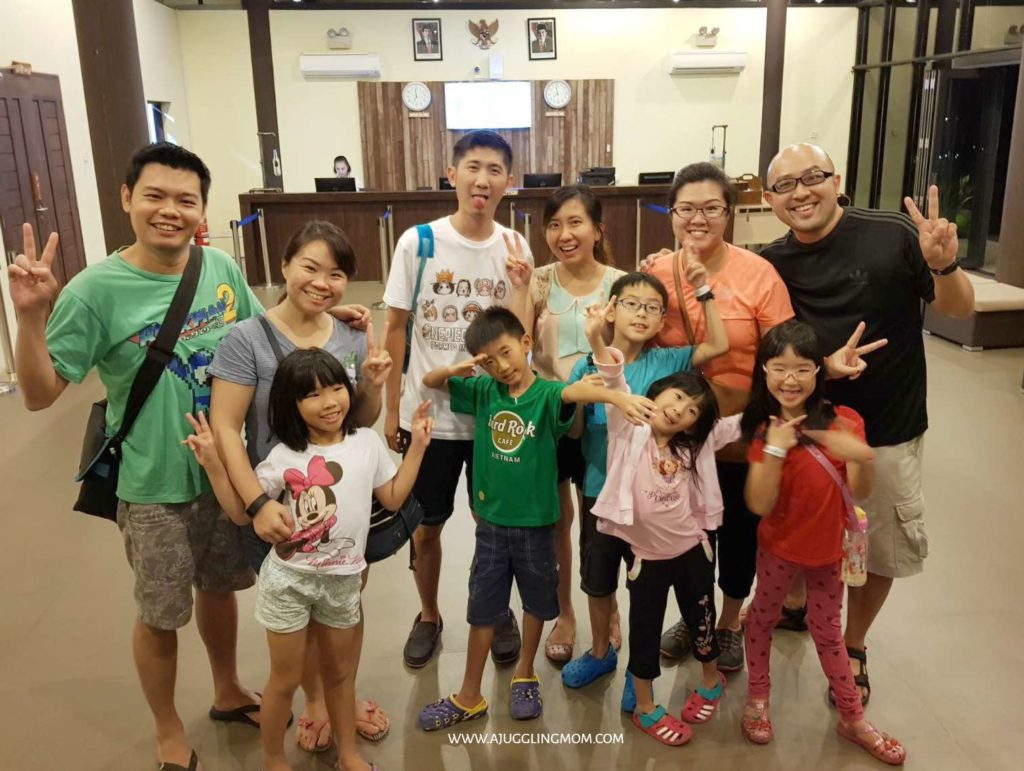The first two months of 2018 went by so quickly and before I know it Term 1 is over for Sophie. One thing Sophie looked forward to for Primary Three was learning Science and doing hands on experiments in the Science lab.
In fact, her love for Science took me by surprise when her choice of CCA was the Science and Environment club since she doesn’t strike as a Sciencey person. But when I probed further, it was because the other CCA options were too “Chinese” for her. Although I always have praises for her SAP school, my only lament is their limited CCA options as they don’t offer any uniform groups like Girl Guides or Red Cross etc.
One and a half months into the school term, P3 and P4 parents were invited to a Science workshop conducted by her school. I was expecting to pick up some tips on how I can teach Sophie on my own as I’ve gotten pretty rusty myself but I got a startling discovery on the difficulty of the subject.
The teachers covered the Science curriculum from P3-6 and reminded us not to discard the Science notes and text books since kids will be learning Science progressively. On a practical note, we were tasked to attempt two questions on life cycle and magnets to see how we parents will fare. We were joking that it’s been so long since we did Science and we may embarrass ourselves for getting it wrong.
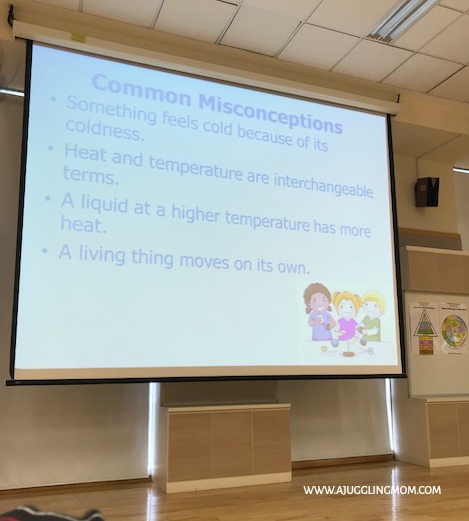
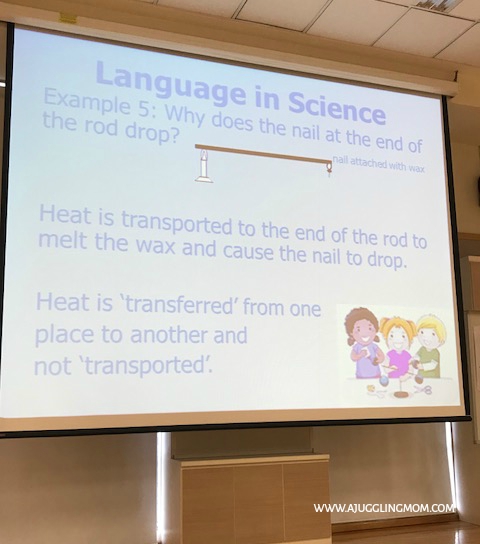
When the teachers flashed some commonly received responses and what she accepts as the answer, I could hear chatter among the parents as we discussed how the standard of Science has evolved to be so tough these days. Personally, I feel that it was a sure way to kill any interest and enthusiasm for Science. Even I was scratching my head and wondering why some responses are not acceptable.
The spirit of teaching Science
But the teachers went on to explain that they are teaching students how to understand scientific concepts and apply what they know to answer the questions. What’s central to the curriculum framework is the inculcation of the spirit of scientific inquiry where students will use skills like comparing, classifying, inferring, analysing, evaluating, generating possibilities, formulating hypothesis, etc. There is also a heavy emphasis on keywords and key concepts to score
As an ex-science teacher, Justina wrote a pretty lengthy post about her views on teaching Science on her blog, and I must admit I’ve gotten a better picture at the outcome the schools are trying to achieve.
While I do agree that the answers have to be spot on and it appear that teachers are very particular on how students answer, what’s key is getting the right key concepts and keywords.
Recommend Science Resource and Assessment Book
One good resource that has been recommended by scores of parents is the Science PSLE Revision Guide by Marshall Cavendish. The 3rd edition is the latest. I always joke and tell Sophie that’s me on the cover of the book when I’m in my Tiger mom mode. I like that it covers contents from Primary 3 to Primary 6 in one book instead of being spread across four textbooks, making it so value for money. #aunitemode
The another assessment book I got is Conquer Science by teachers@work. It has a combination of MCQ as well as structured questions and covers topics quite extensively to enhance learning.
As a parent, I do feel limited by my ability to teach Sophie at time but what helps is seeing the challenges in a positive light and learning together with my child. Through the process we learn and discover new things together, making learning a more enjoyable journey instead of blindly memorising to pass exams. After all, when we build a storehouse of knowledge, we are enriched ourselves and that is something that cannot be taken away don’t you think?
Do share useful websites, resources or even YouTube channels that teaches Science in a fun and interesting manner 🙂
Here are some other useful links on primary school learning that you may be keen to read too.
- Scoring in Primary Two English Composition (Most popular read for the exam period)
- Primary Two Diary – 30 minutes revision + recommended list of assessment books
- Examination Preparation Tips
- English Composition Writing for Primary One
- Teaching Writing to Lower Primary
- Resources for Chinese Oral (Part 1)
Enjoyed reading this post? Do like my Facebook page to get more learning posts updates. You can also follow me on Twitter (@Susankoh) or Instagram (@ajugglingmom) for learning, parenting and travel post for families.

